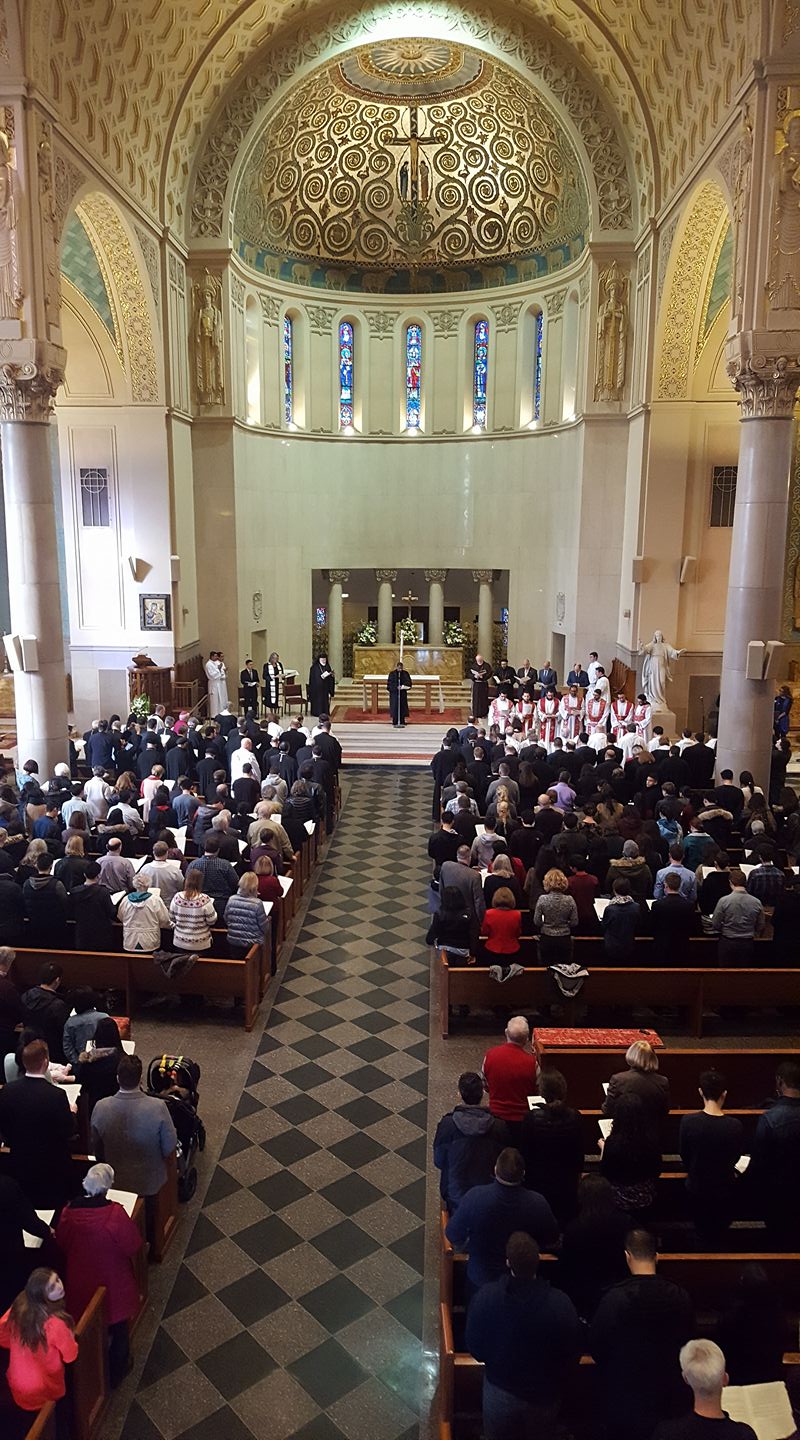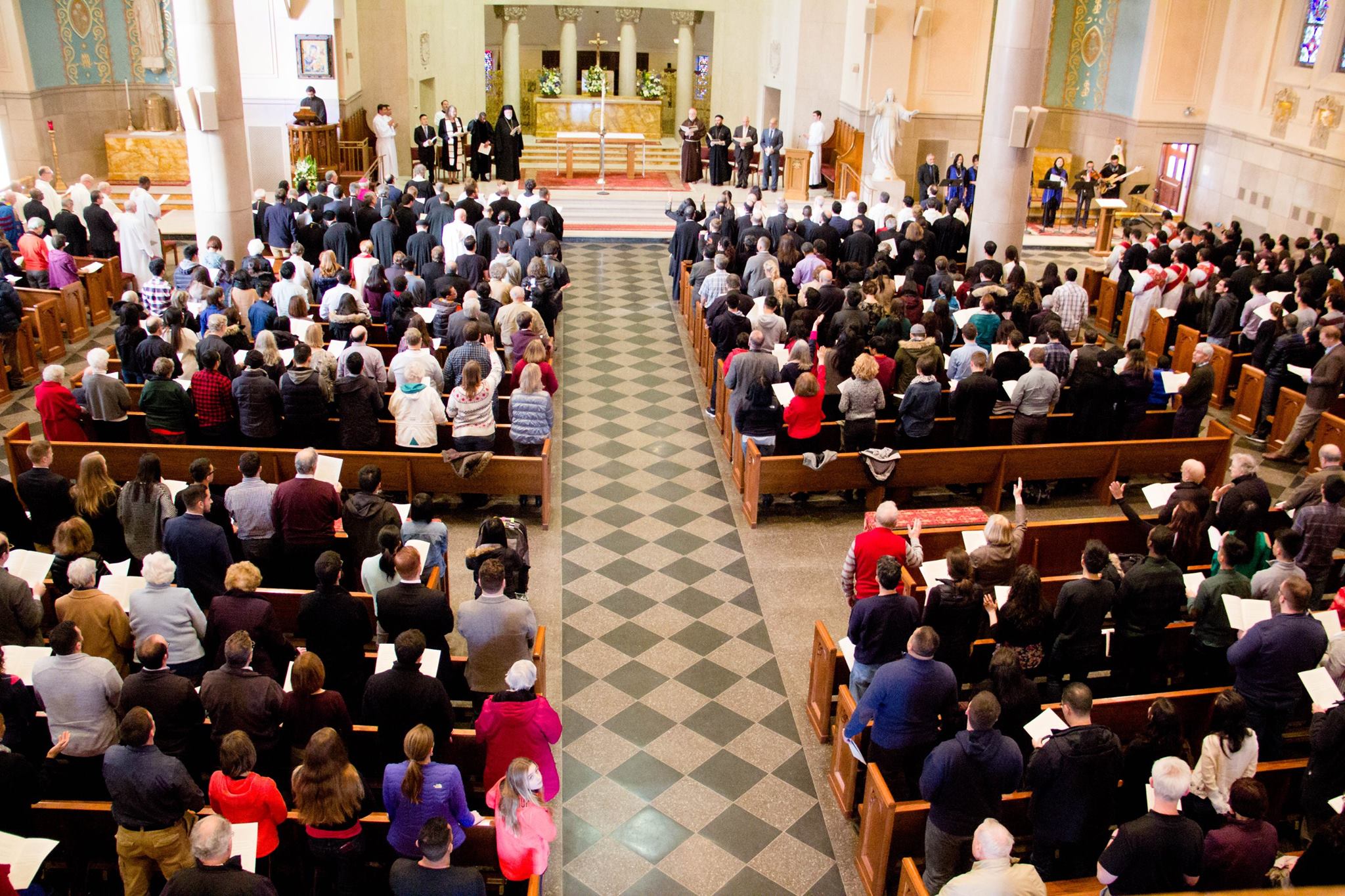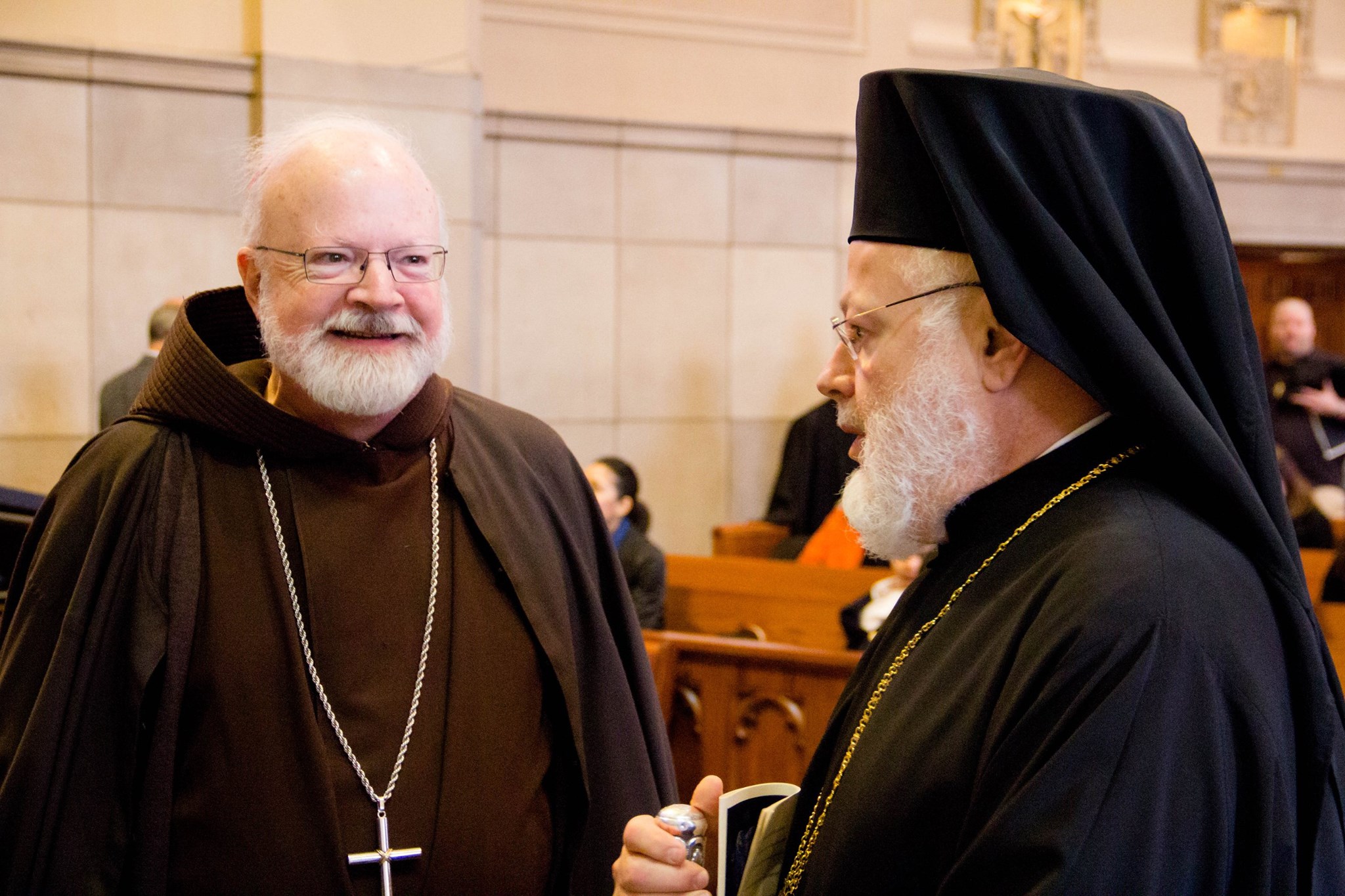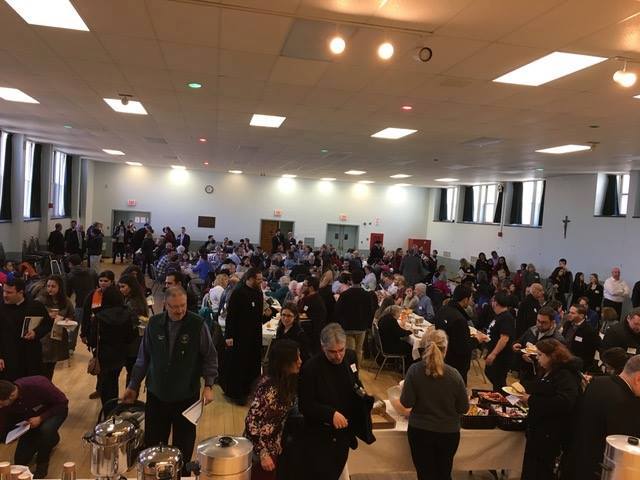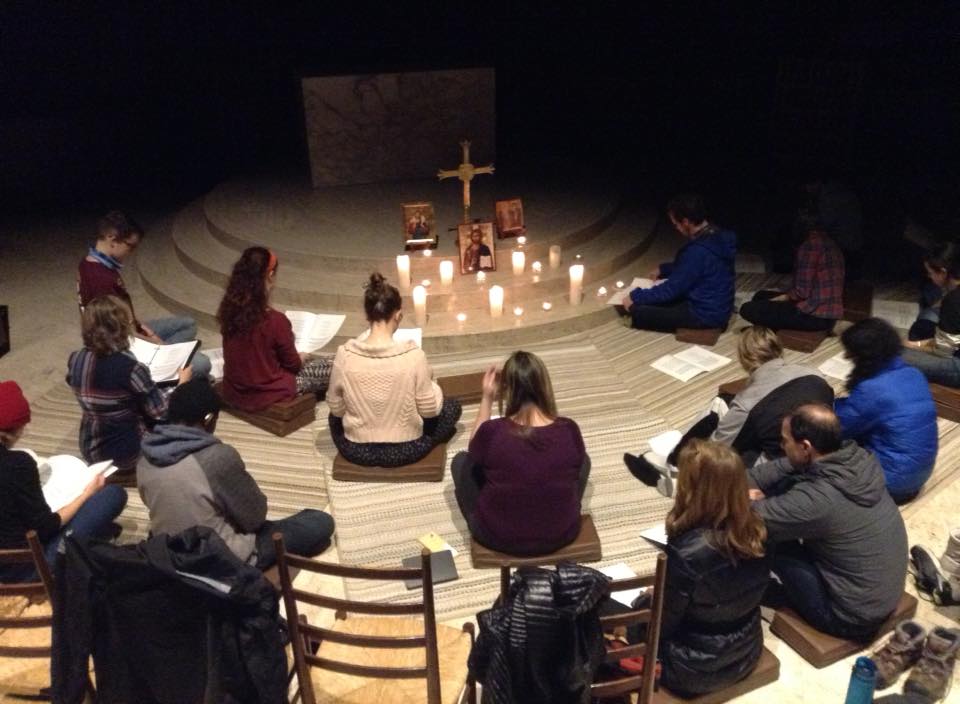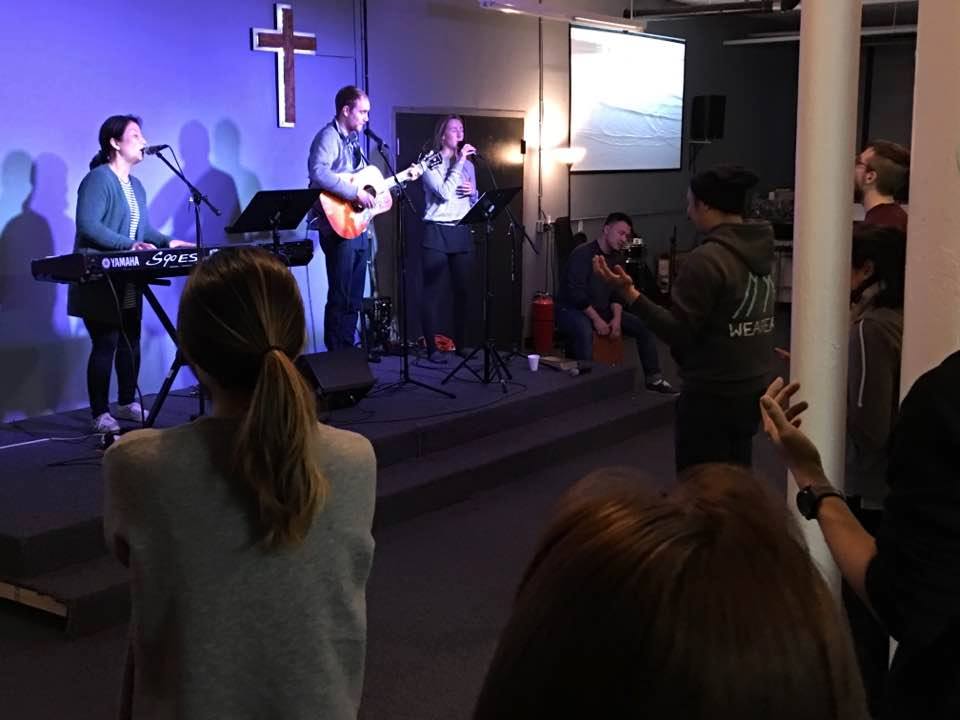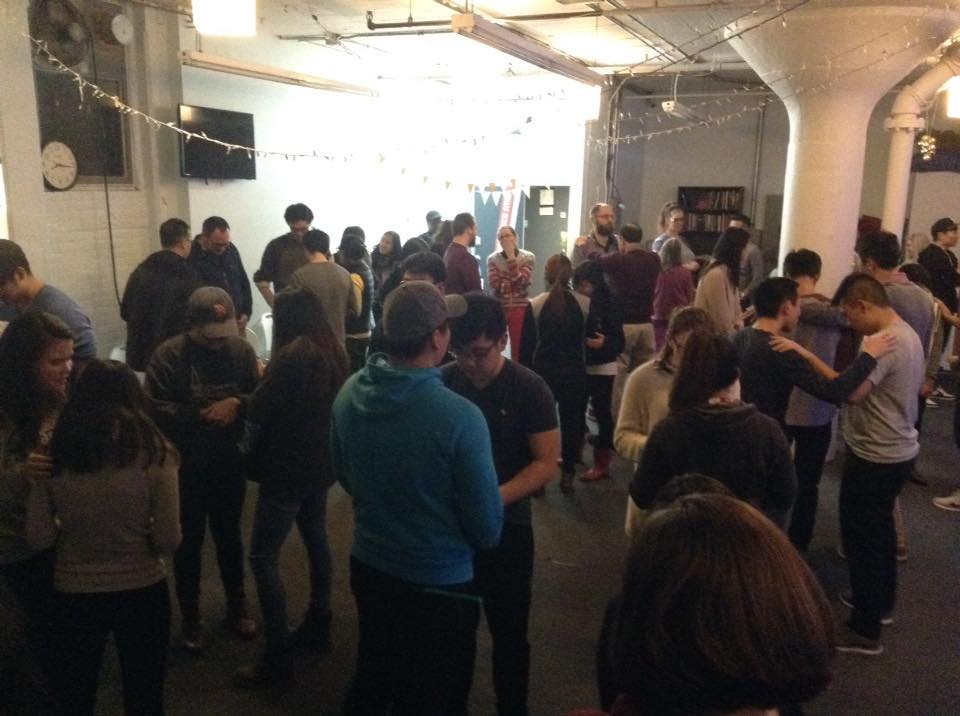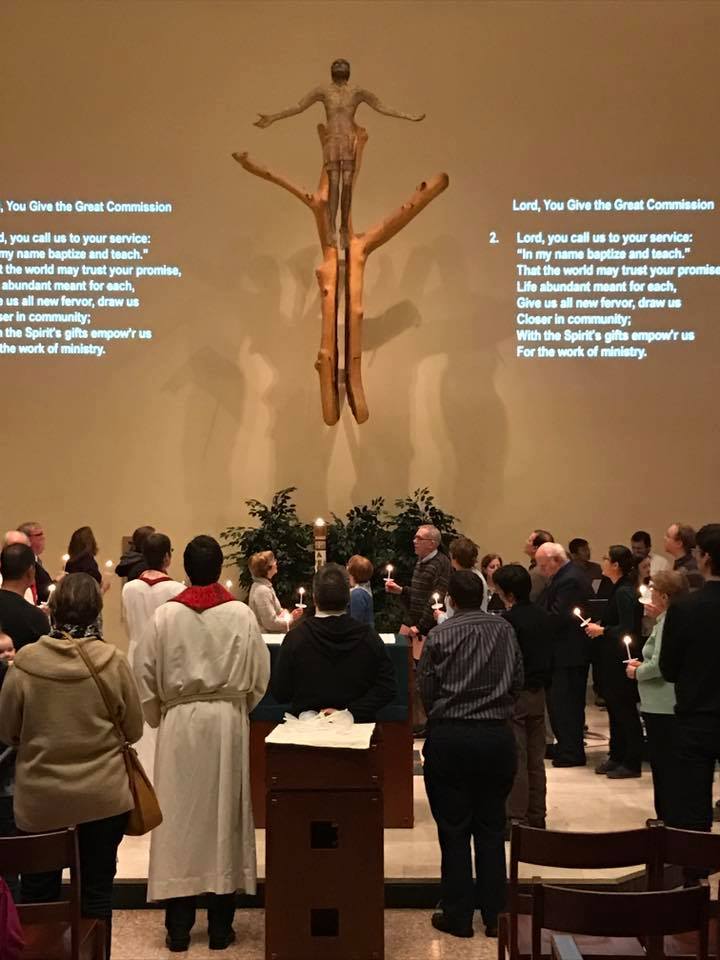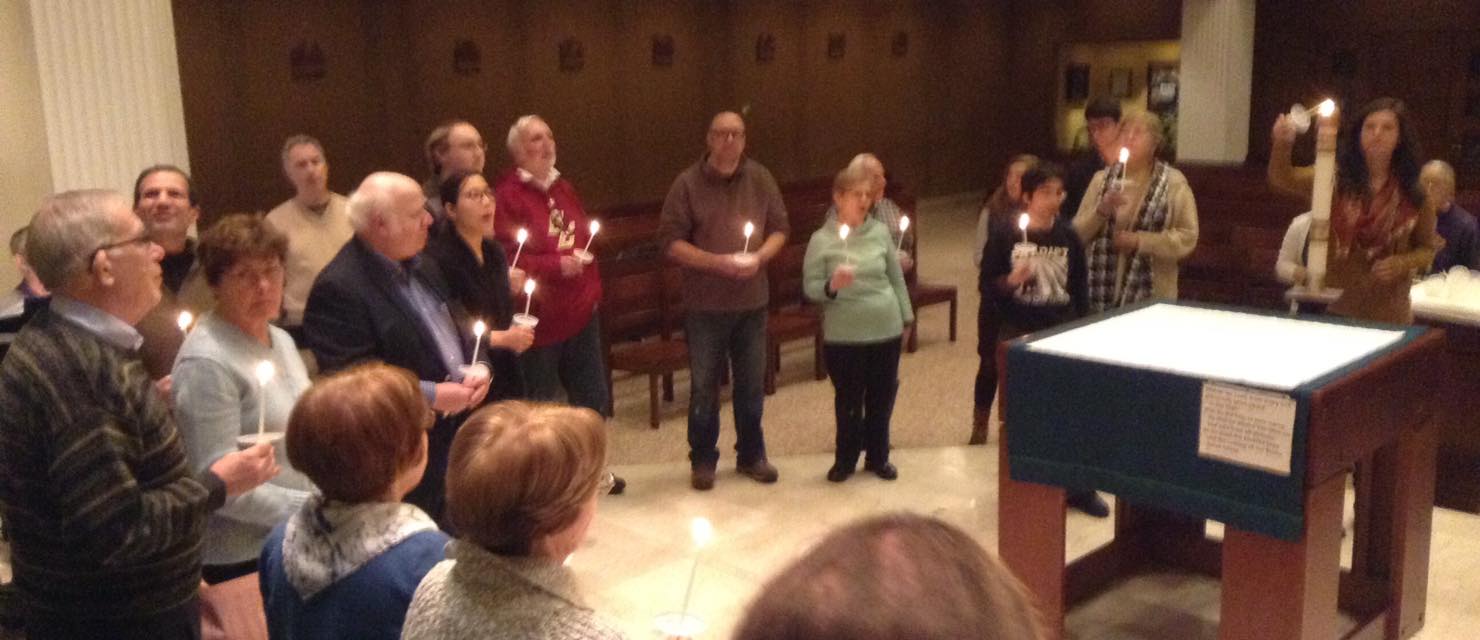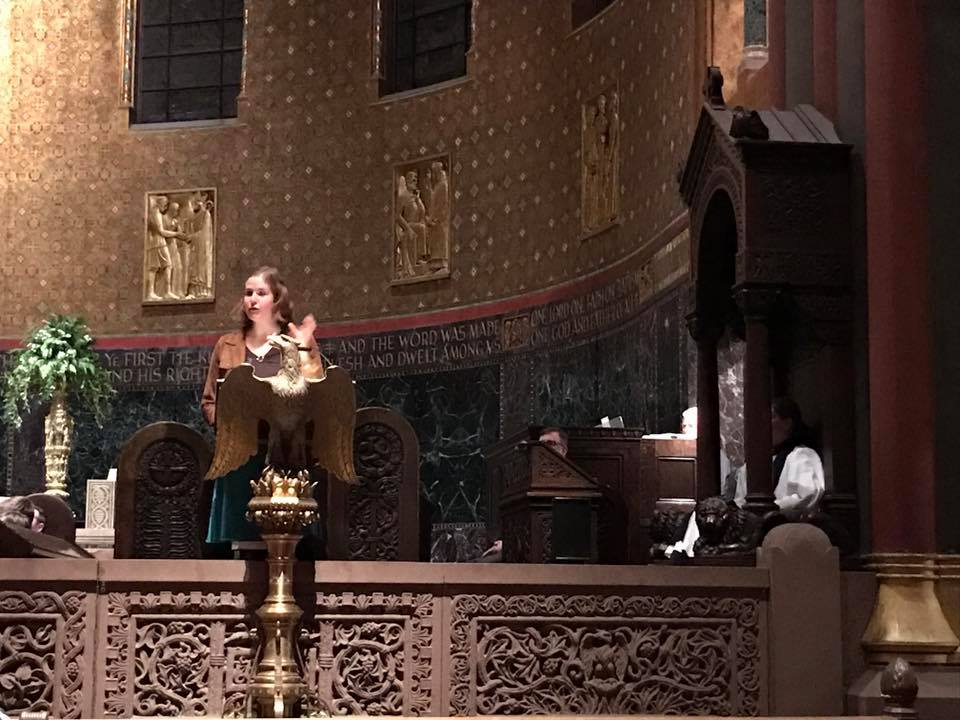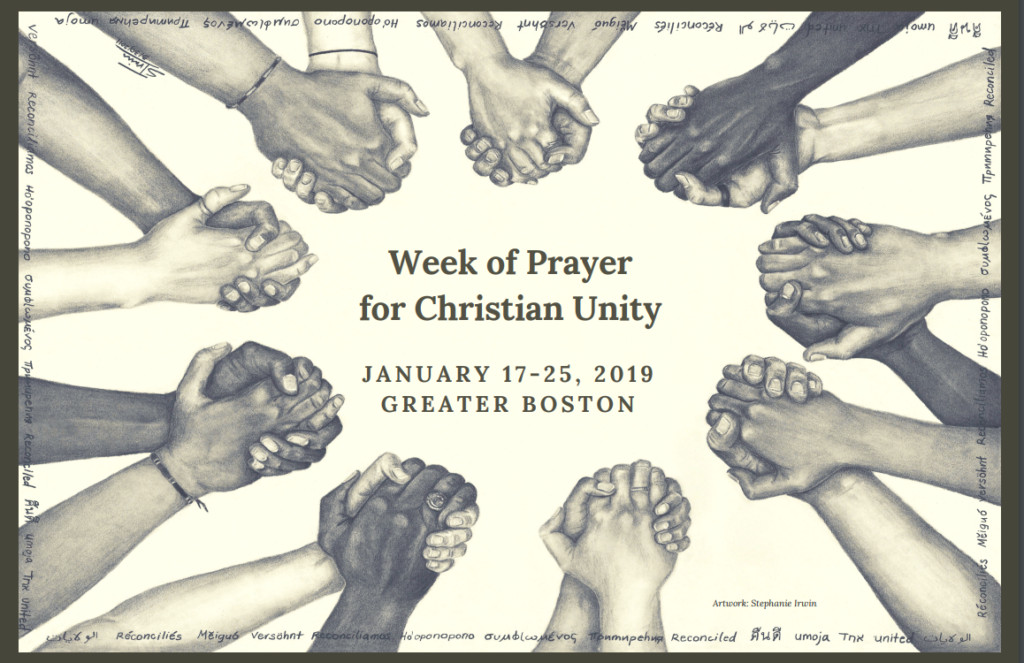
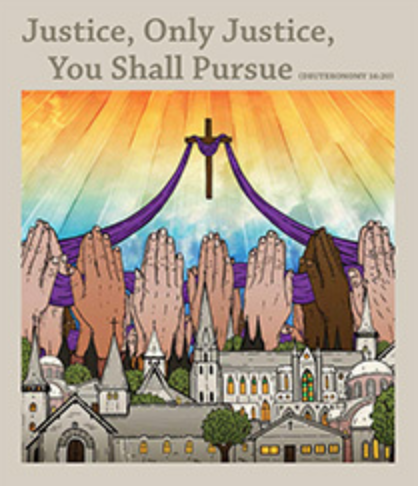 The Week of Prayer for Christian Unity is an international initiative where Christians worldwide are reminded of Jesus’ prayer for his disciples that “they may be one so that the world may believe” (John 17:21). In 2019, the theme was “Justice, Only Justice, You Shall Pursue,” (Deuteronomy 16:20), and was chosen by Christians in Indonesia. We coordinated a combination of nightly worship services and neighborhood dinners aligned with this theme to focus attention on how we can contribute to acts of unity, justice and mercy in our personal lives and within our communities.
The Week of Prayer for Christian Unity is an international initiative where Christians worldwide are reminded of Jesus’ prayer for his disciples that “they may be one so that the world may believe” (John 17:21). In 2019, the theme was “Justice, Only Justice, You Shall Pursue,” (Deuteronomy 16:20), and was chosen by Christians in Indonesia. We coordinated a combination of nightly worship services and neighborhood dinners aligned with this theme to focus attention on how we can contribute to acts of unity, justice and mercy in our personal lives and within our communities.
Check out the photos below, and be encouraged by the growing interest in neighborhood-based collaboration among Christians from a variety of backgrounds – for the glory of God and the good of the city.
Night 1: UniteBoston Neighborhood Dinner: North Shore
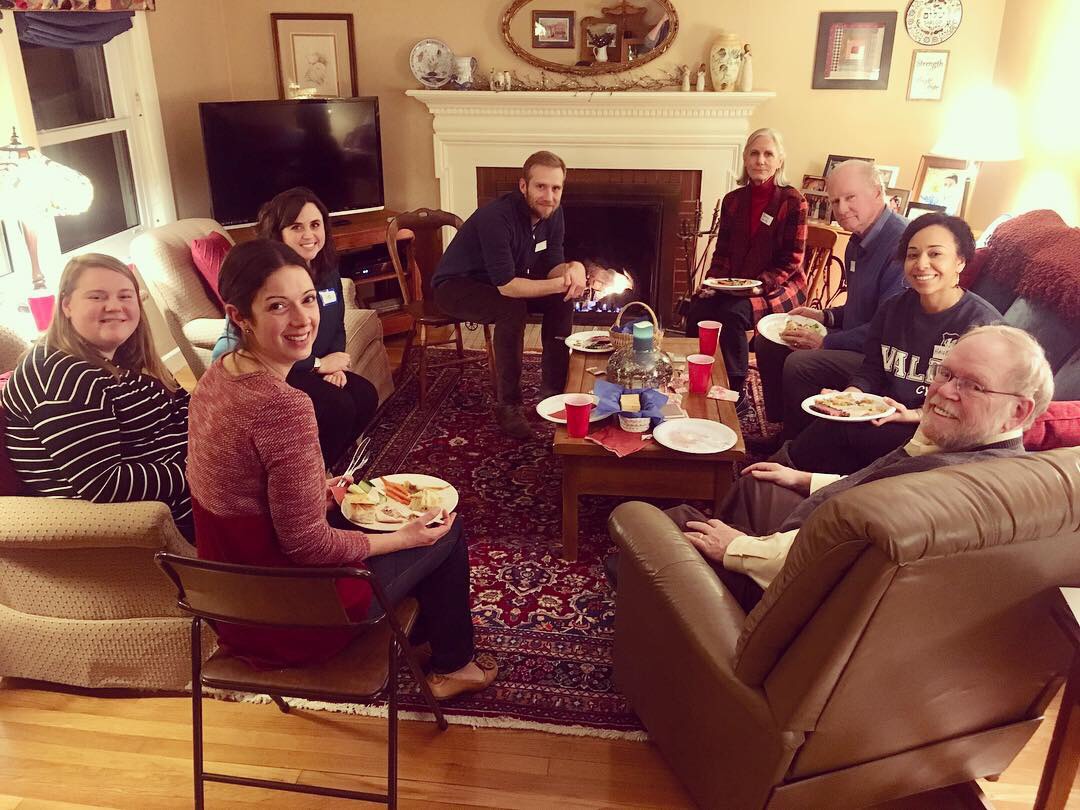
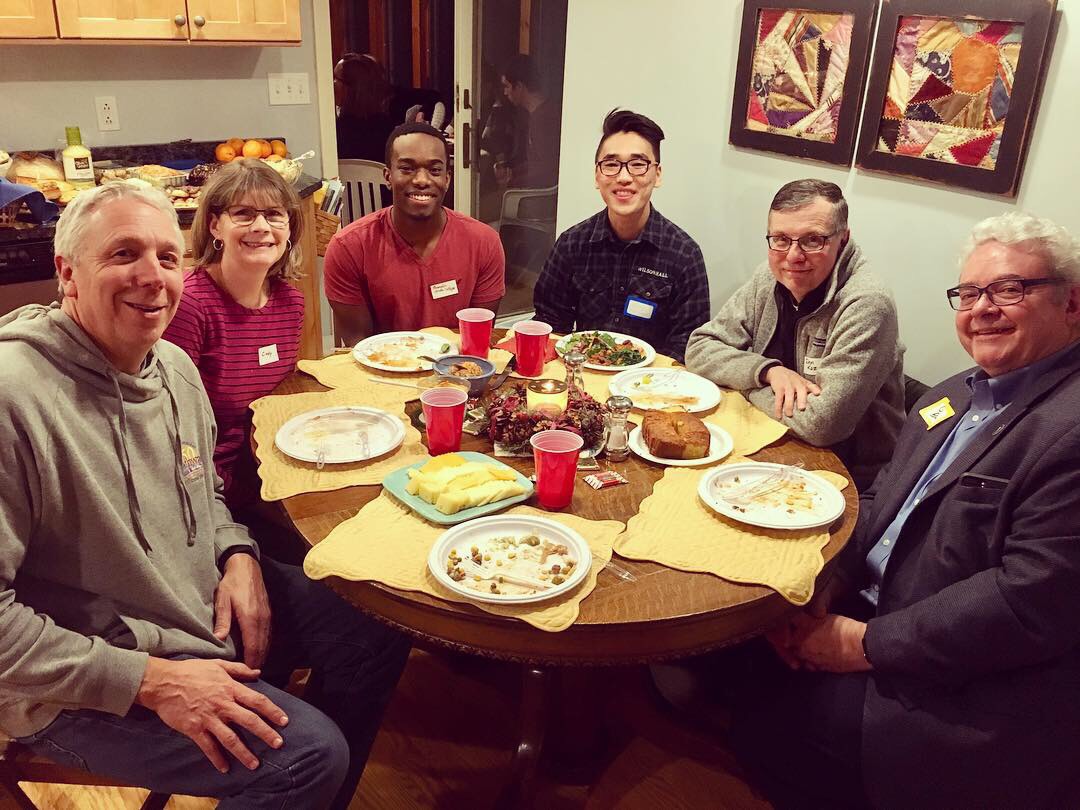
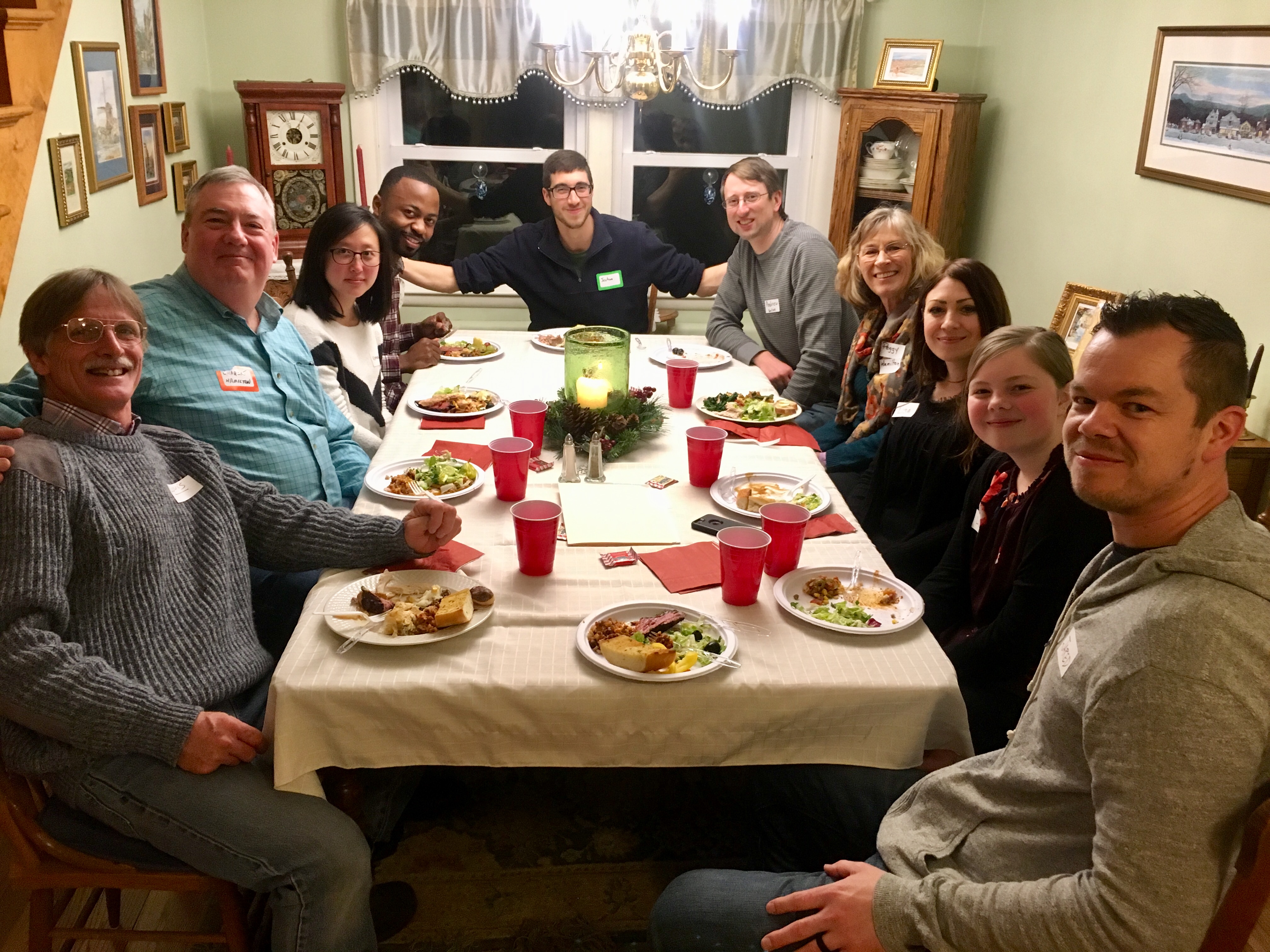
Night 2: The Art of Hope: Creation
This event had art, spoken word, music, and creative performances related to creation, hosted by Hope Fellowship Church in Cambridge. Kiki Densamo, who is a UB Neighborhood Dinner Coordinator in Cambridge, also showed her short film documenting the story of a young man who immigrated from Ethiopia to the US. It was awesome to see how this evening intentionally welcomed people who don’t normally attend church!
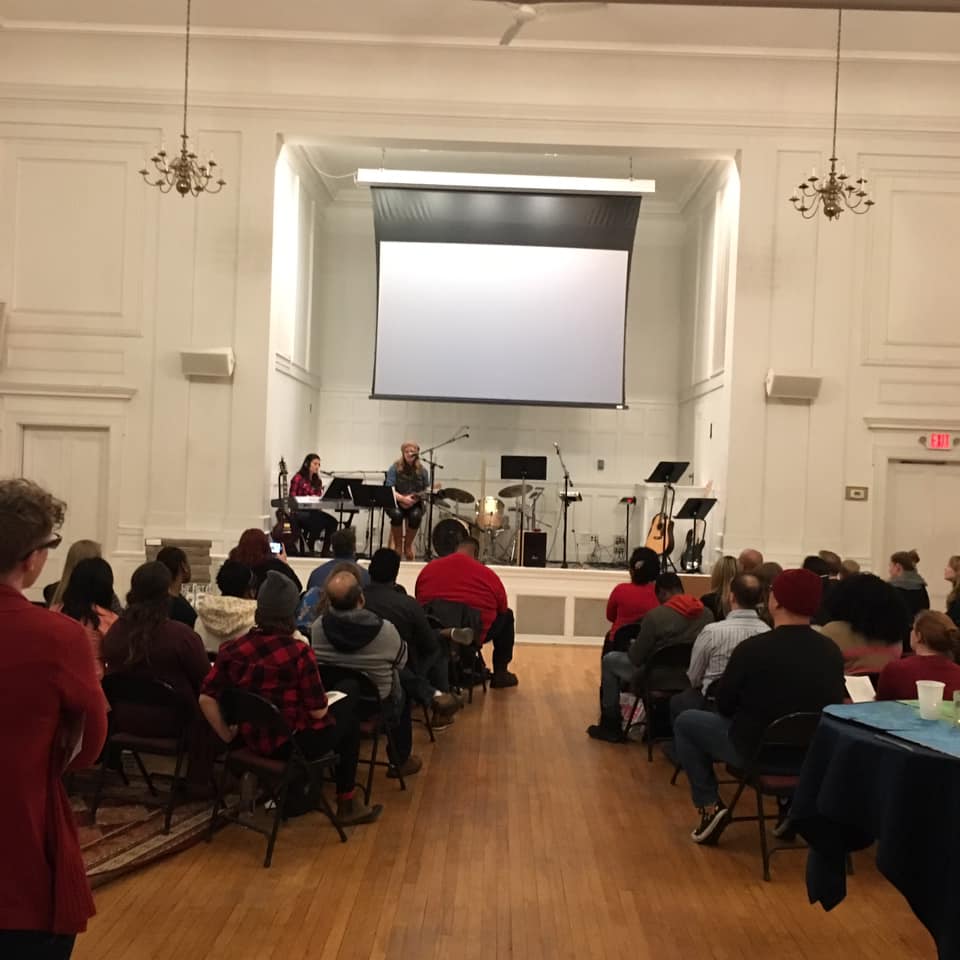
Day 3: UniteBoston Neighborhood Brunch: Watertown/Belmont
Rebekah and Stephen Nyakairu from Grace Chapel Watertown graciously opened their home for a delicious brunch and great conversation around racial justice, multiethnic congregations, and reconciliation. Here is a discussion guide that can be used to foster conversation within your own home or community group around racial justice, which incorporates the artwork of Stephanie Irwin.
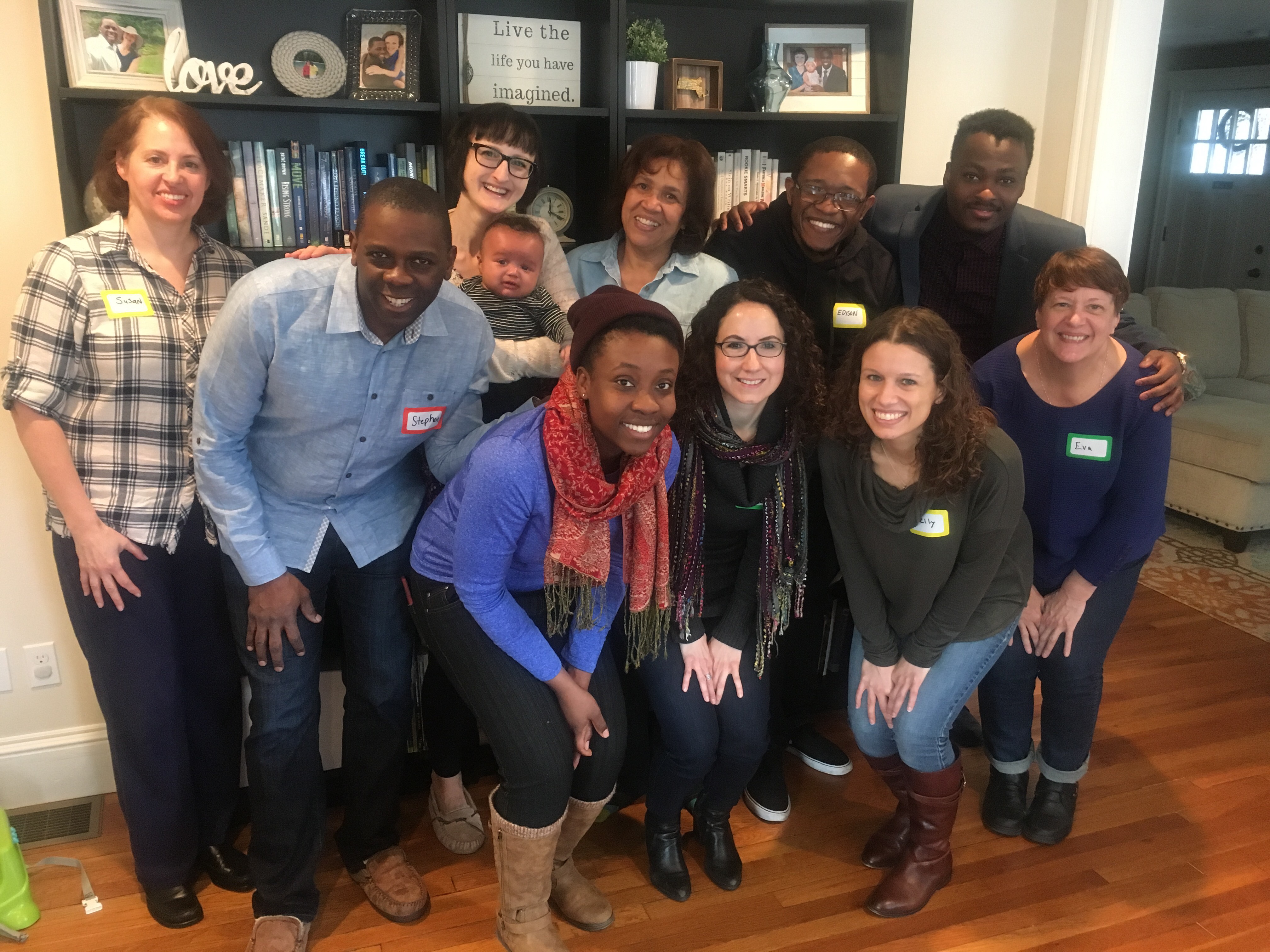
Night 3: Anchor Prayer and Worship Service
We had a moving prayer service on Saturday evening for the anchor gathering of the Week of Prayer for Christian Unity – it was great to join together in prayer amidst the snowstorm outside. Thank you to Rev. Amy and St. Paul’s Cathedral for hosting this beautiful time of worship and prayer, as well as all participating clergy and congregants.
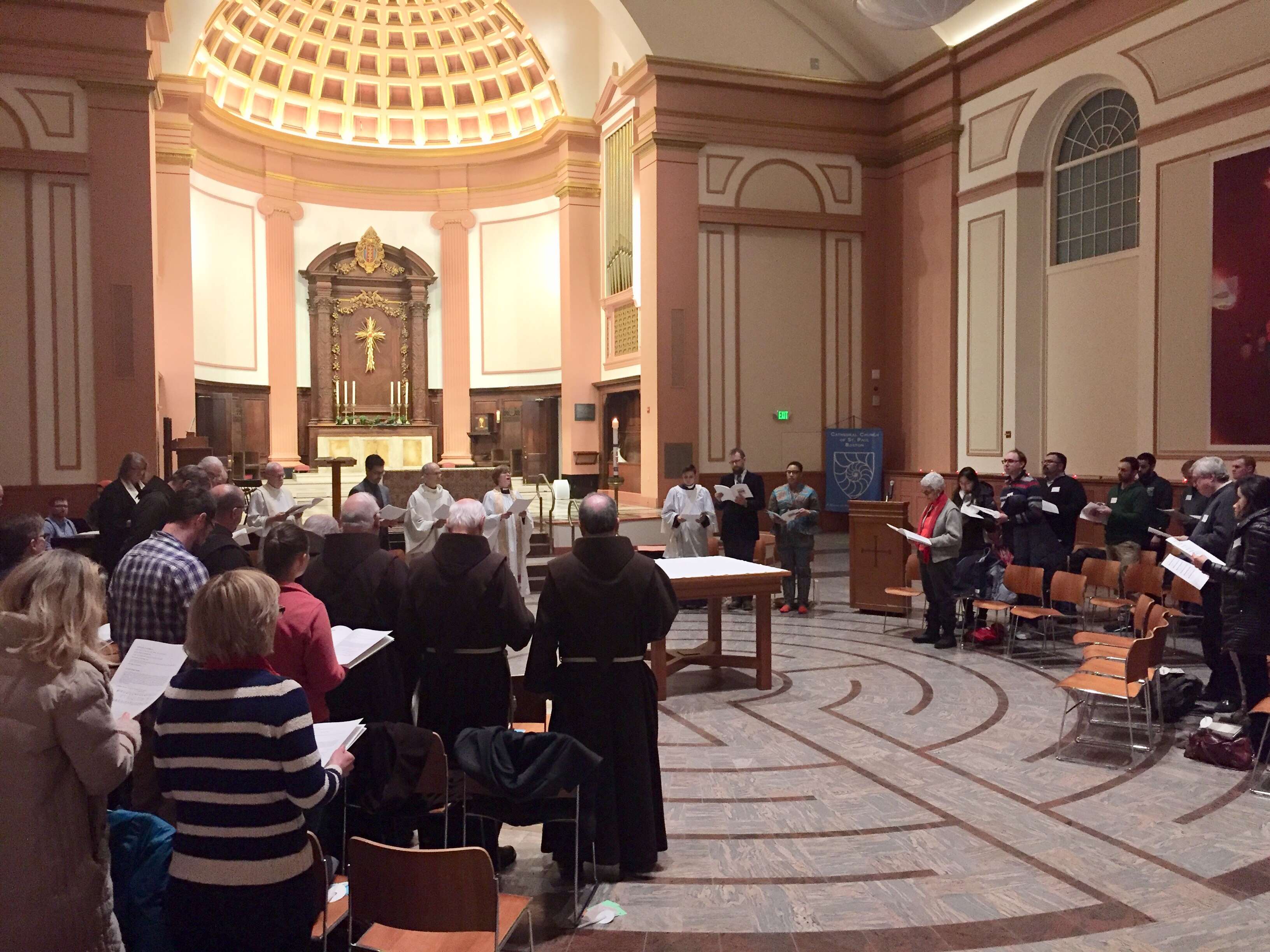
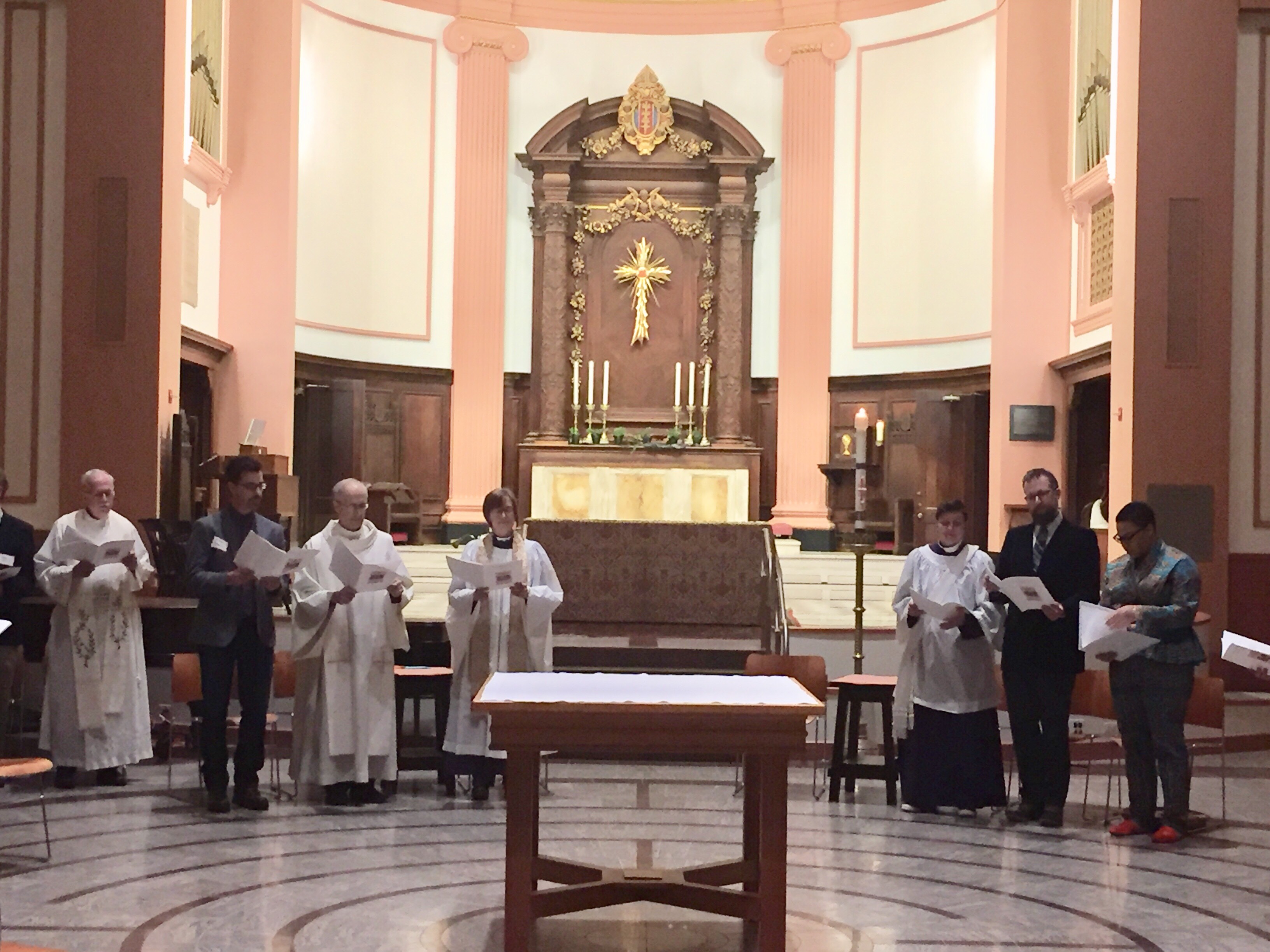
The many clergy present represented a variety of traditions, including Catholic, Evangelical, Episcopal, and United Church of Christ.
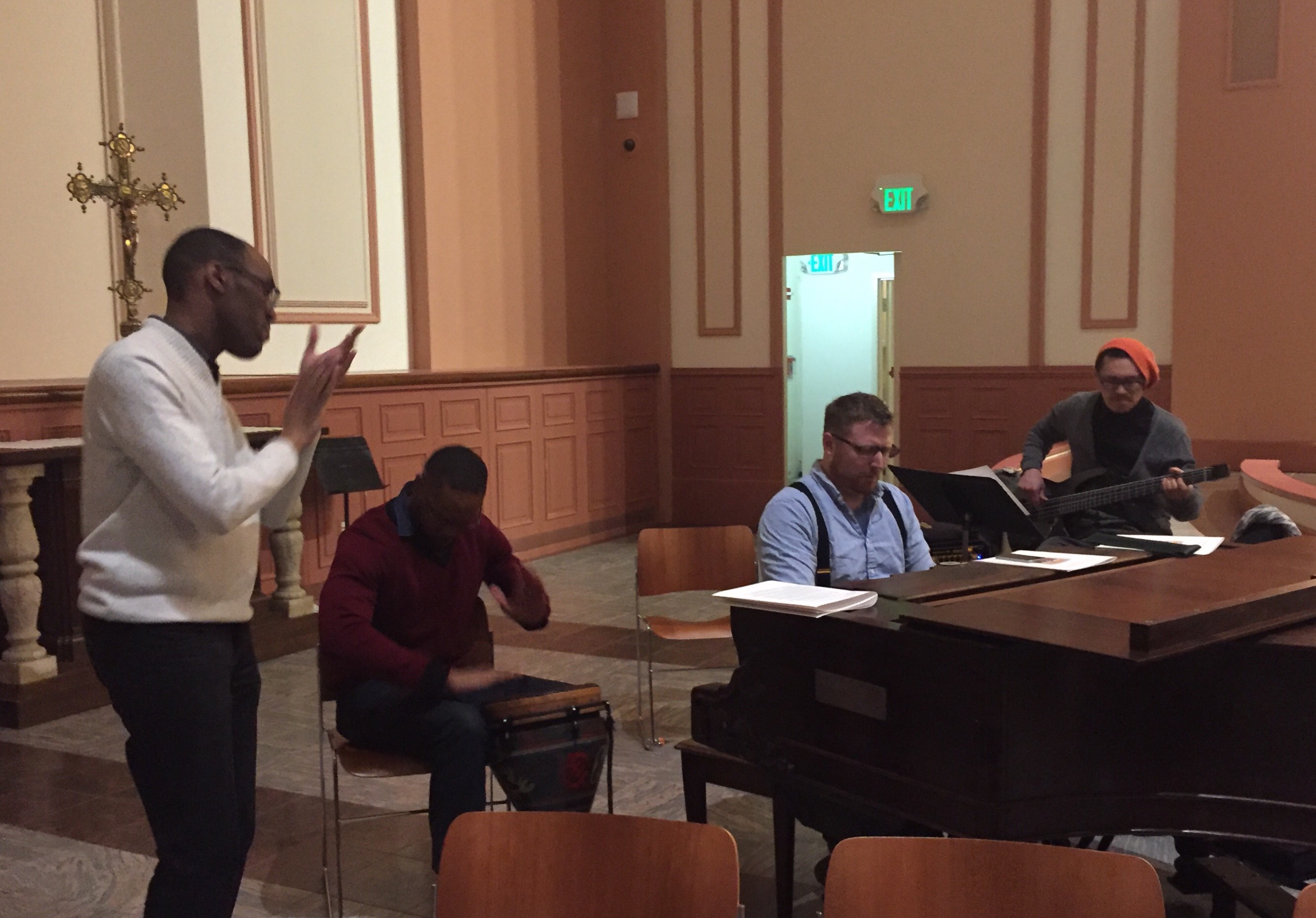
The Crossing band led us in lively song – jazzing up the traditional Christian hymns and choruses.
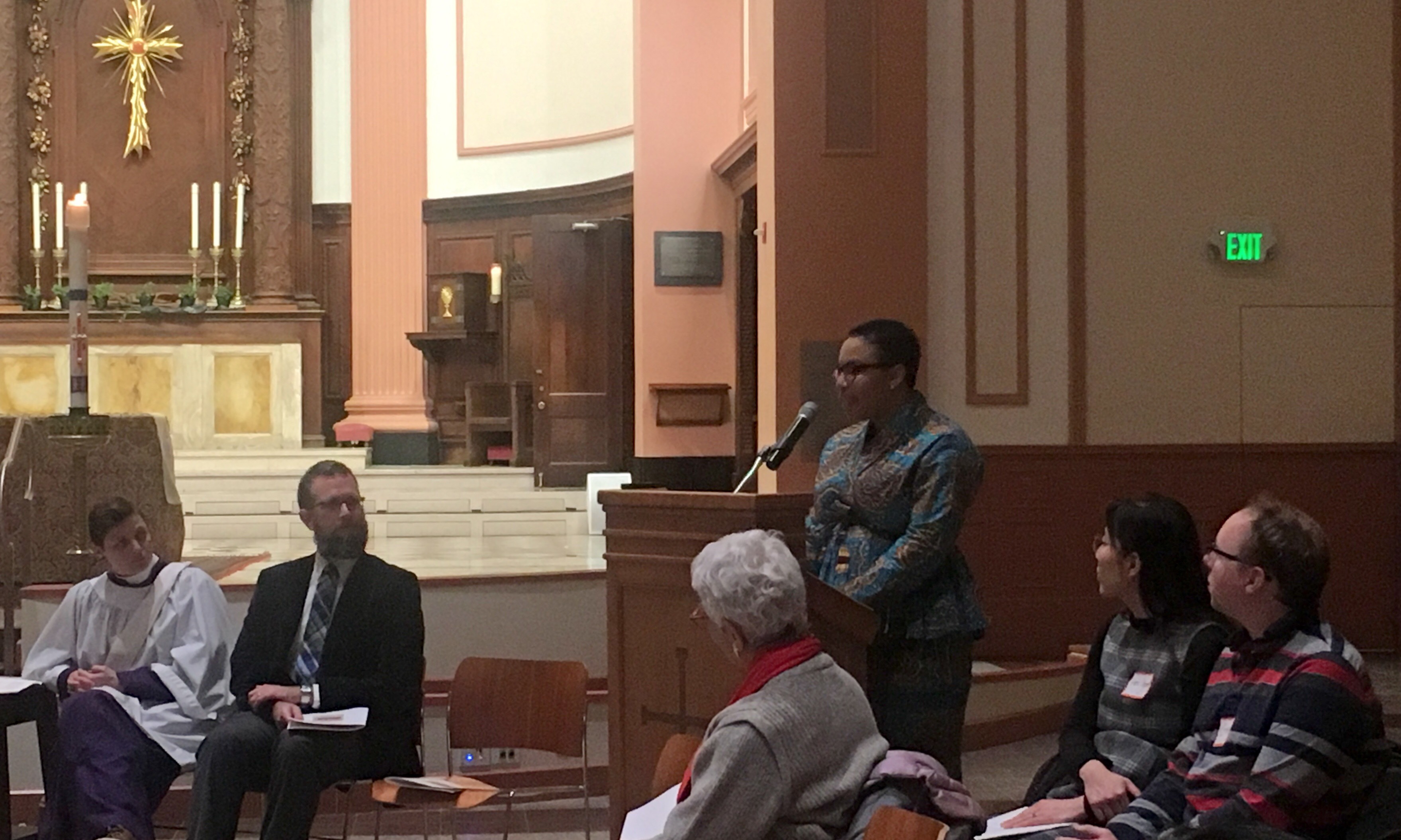
Ylisse Bess Washington preached a powerful word, describing that truth telling, truth seeking and living is the beginning of justice, and how we need each other to do this well. Click here to listen to her sermon.
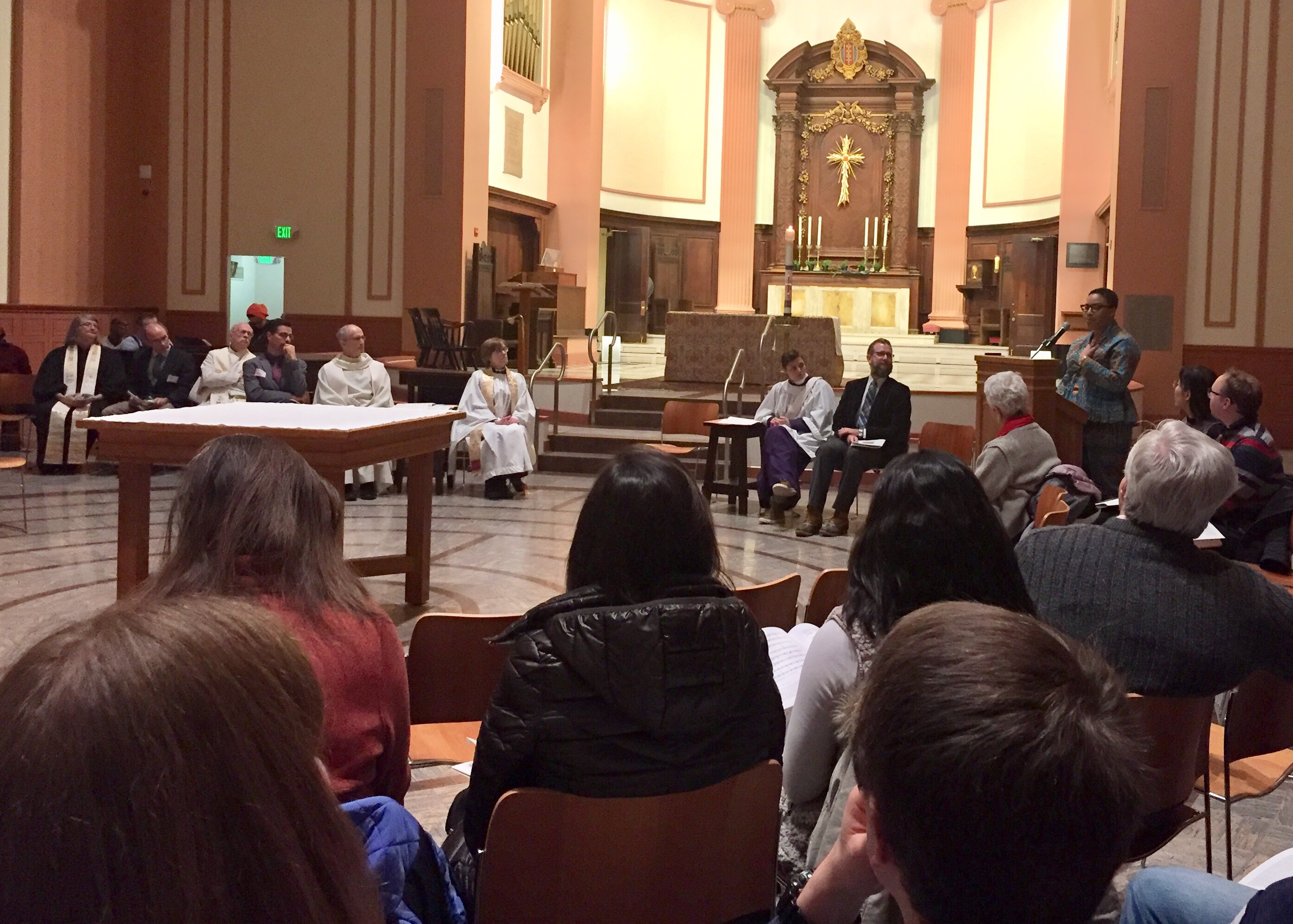

We then lit candles and passed the light from one person to the other – A great symbol of our need to receive from one another in sharing the love of Christ to the world.

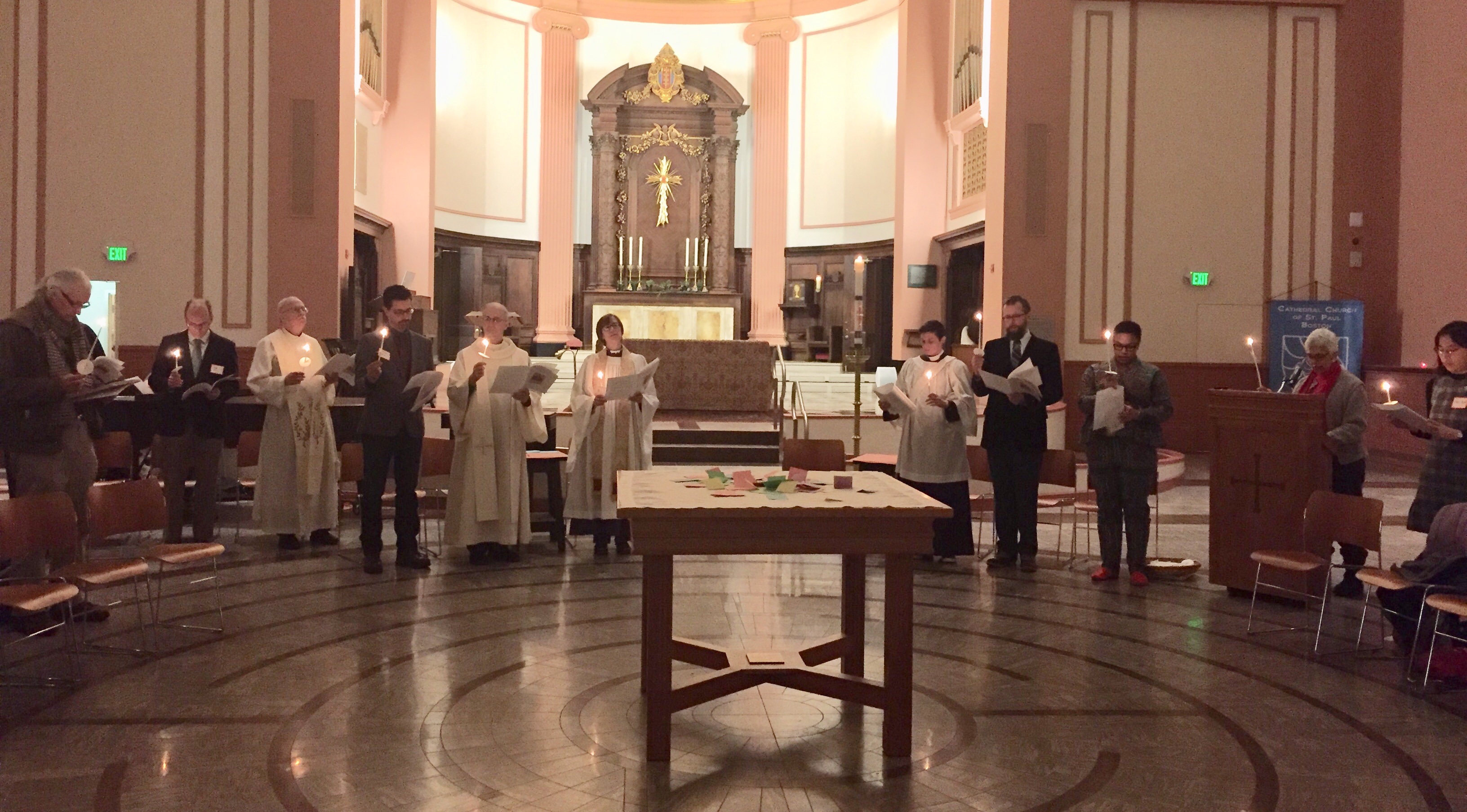
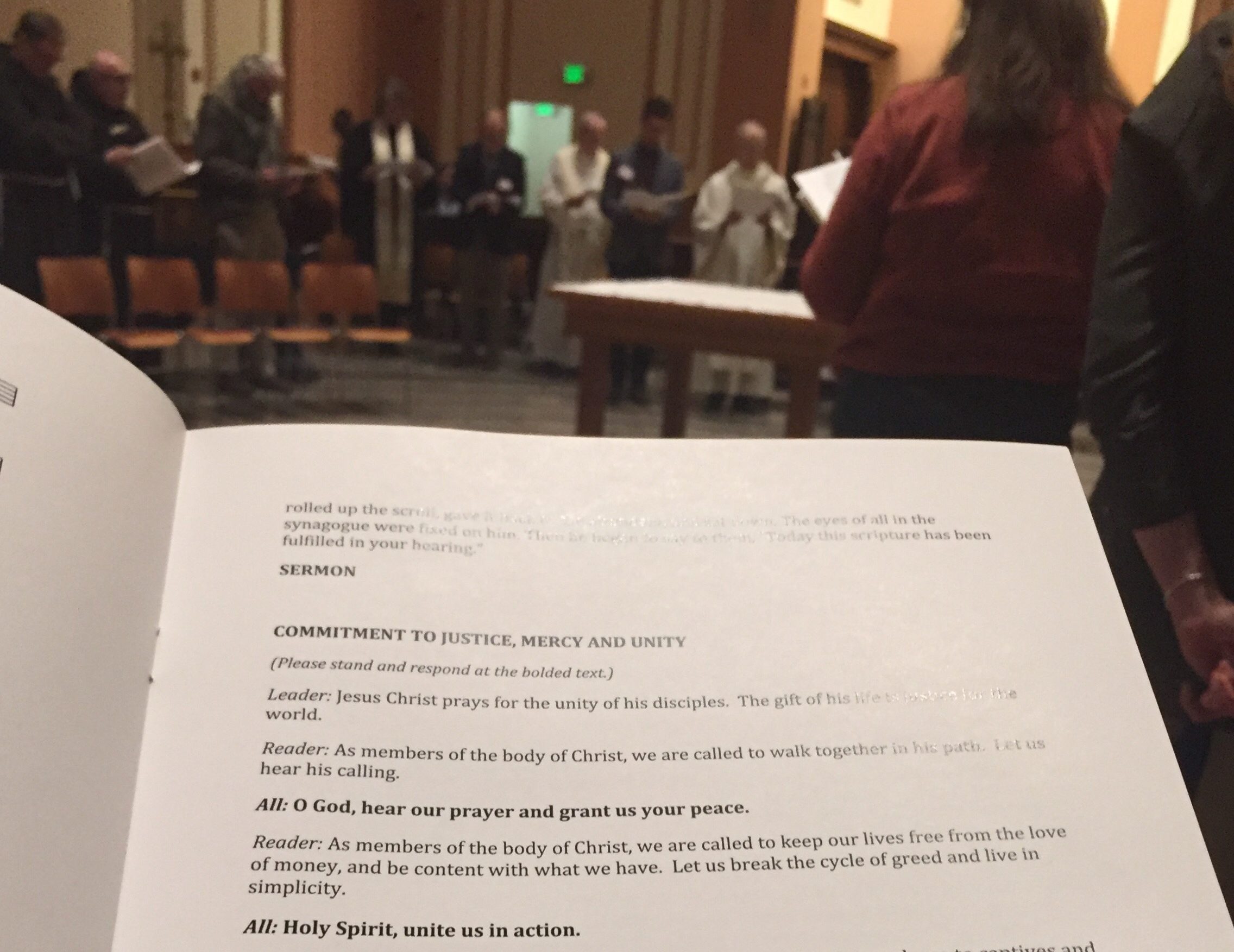
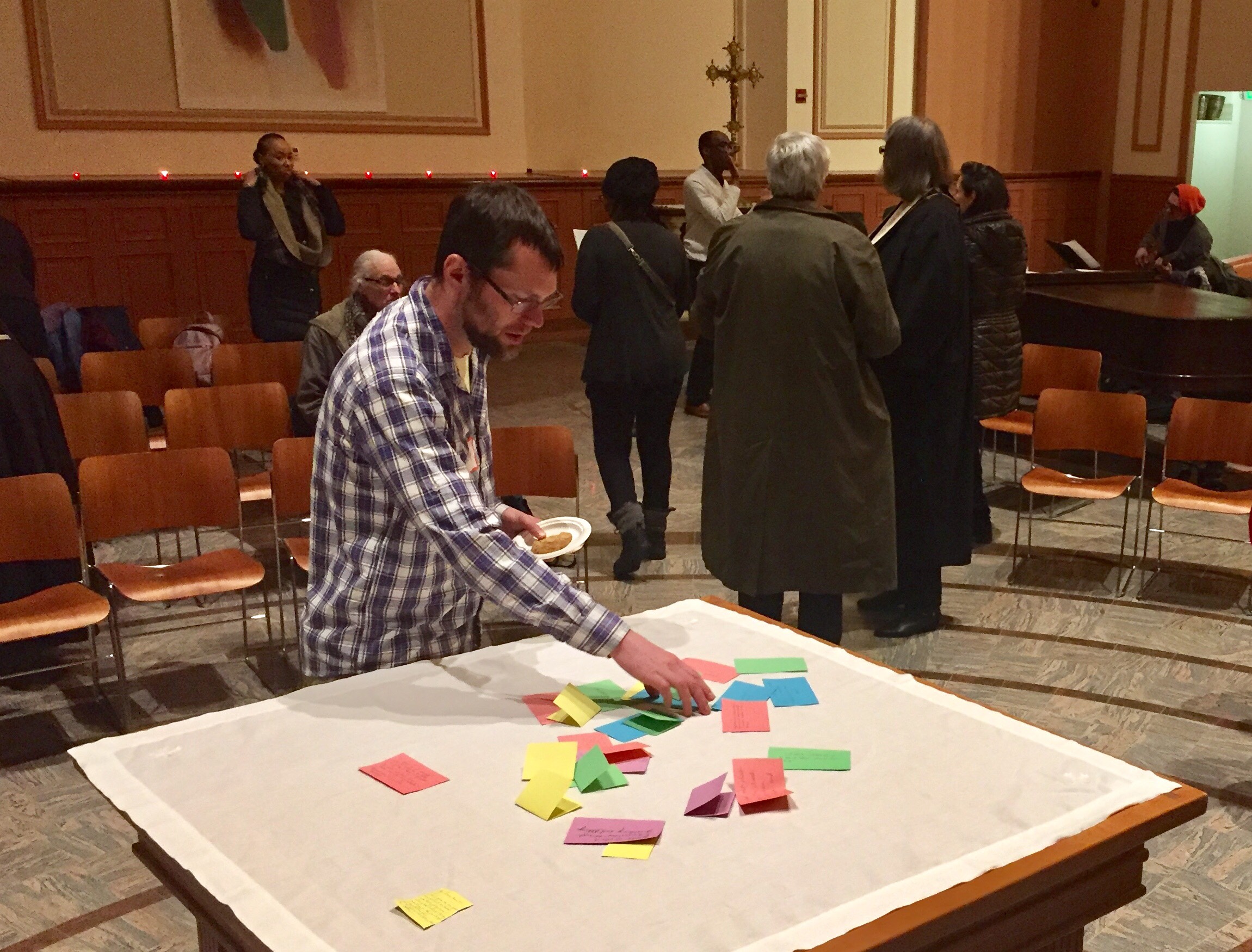
The evening concluded with writing our own commitments of how each of us can contribute to acts of justice in our own lives. Each person was invited to take home the card displaying someone else’s commitment to remember our need for one another in the work for justice and to keep them in prayer.

Day 4: Rev. Dr. Martin Luther King Service Projects
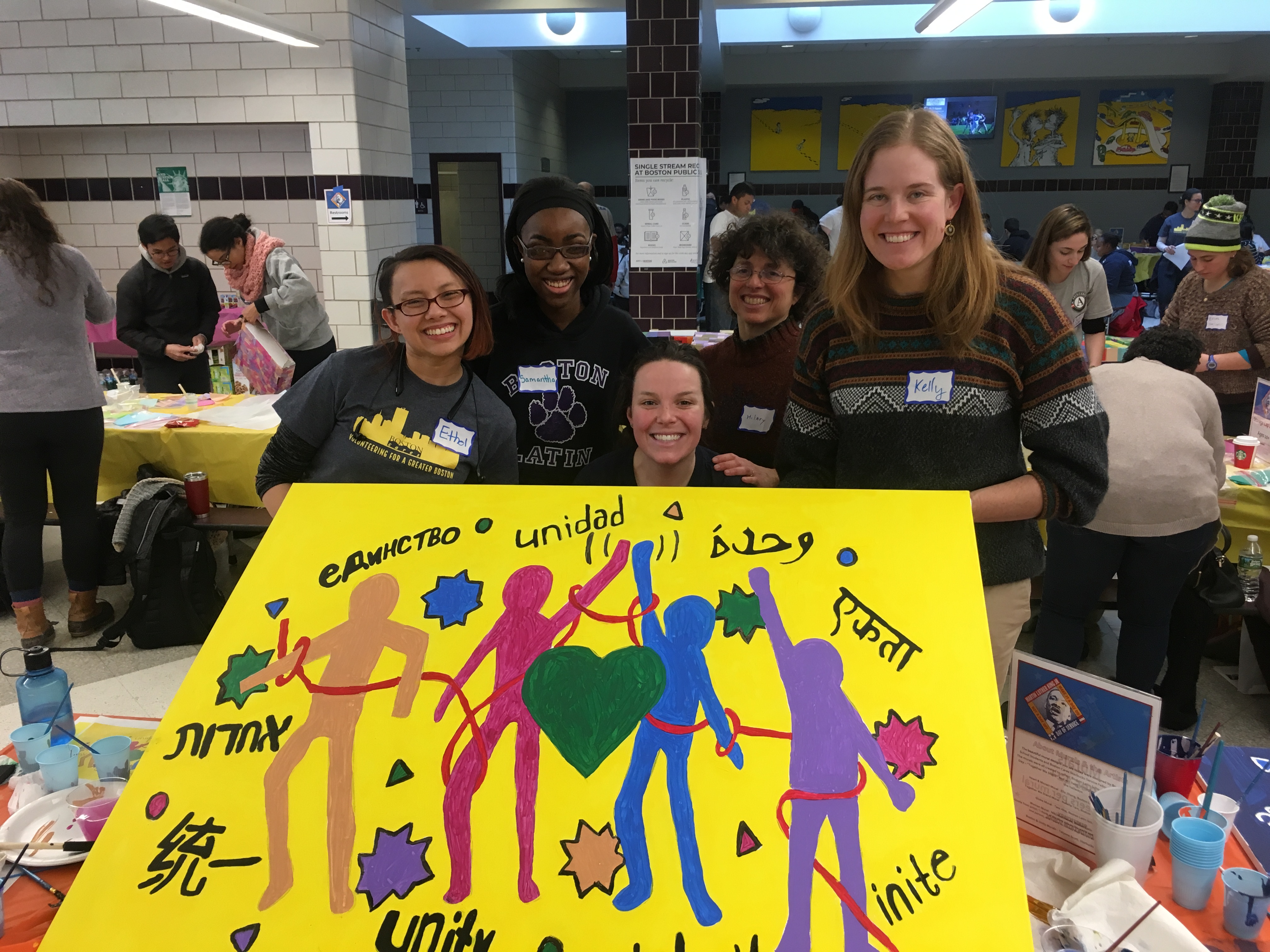
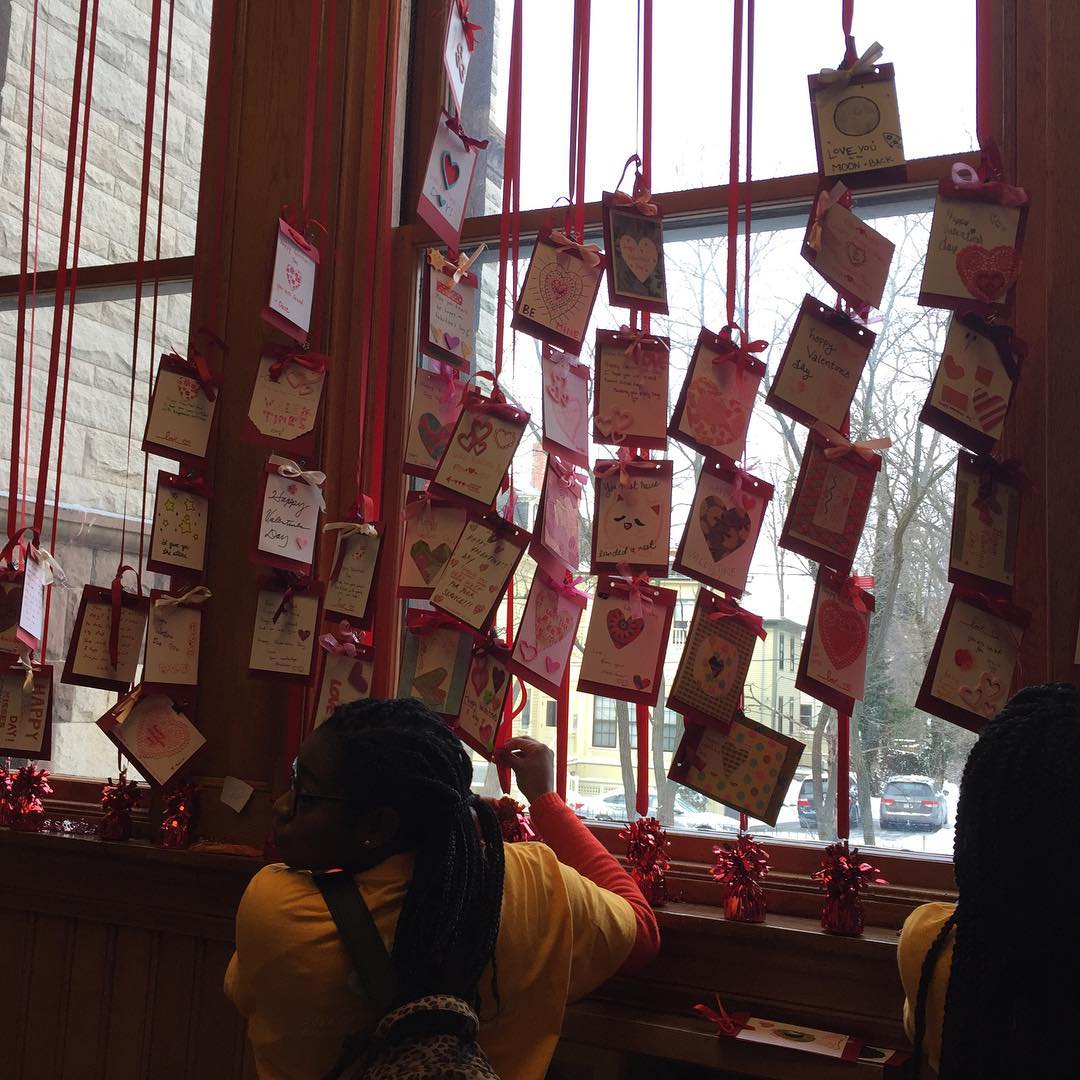
Night 5: Jamaica Plain Neighborhood Dinner
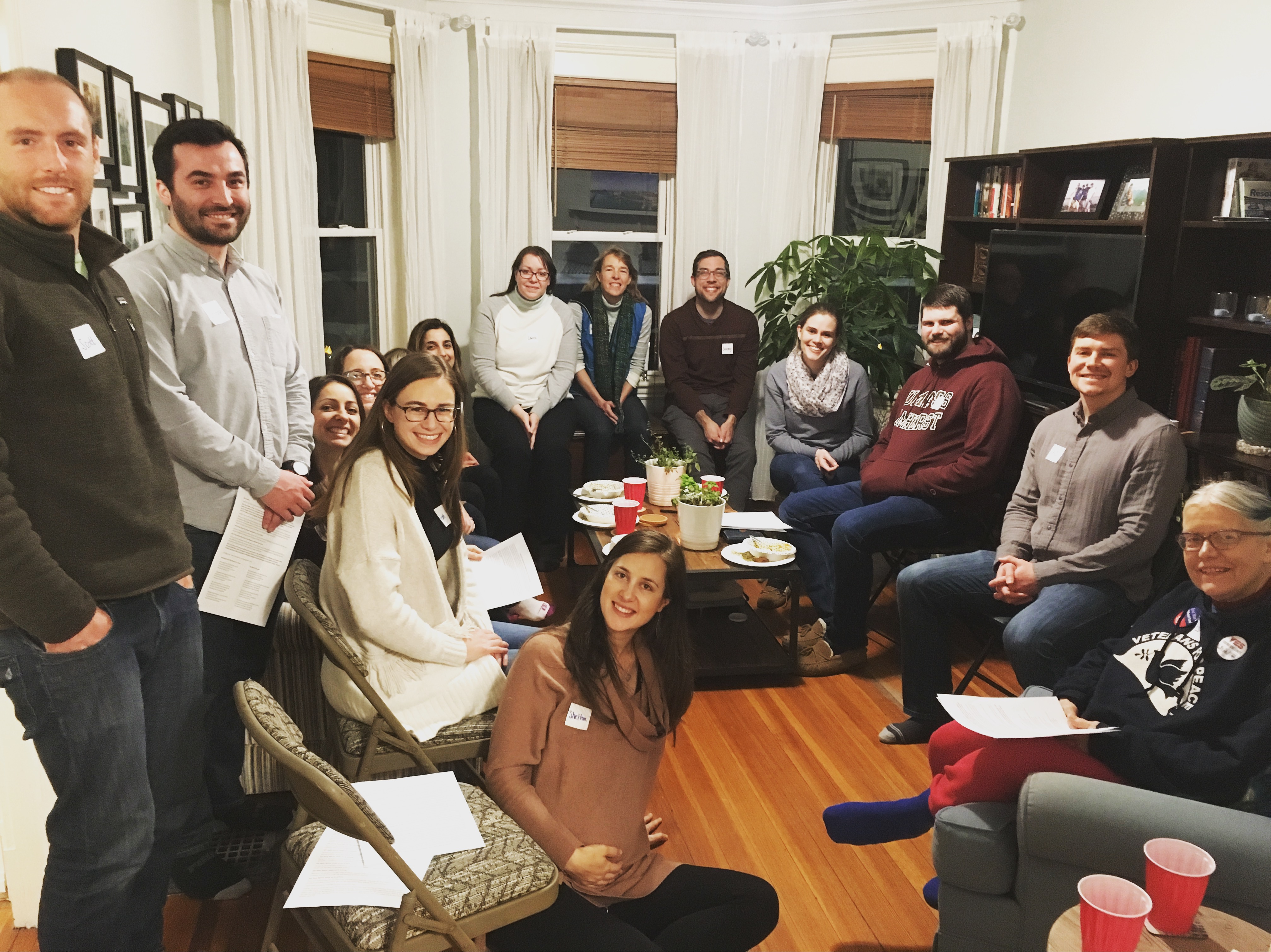
There was a great group at our Jamaica Plain neighborhood dinner! Good conversation about the need for economic justice, yet a recognition that systemic complexity provides no easy answers. There was enthusiasm for neighborhood-based connection and collaboration among the group to minister to the needs of the community in the likeness of Christ. Thanks to Kate Devane Brown and her husband Matt from Mosaic Boston for their gracious hospitality in opening up their home for their first neighborhood dinner!
Night 6: Medford/Malden Neighborhood Dinner
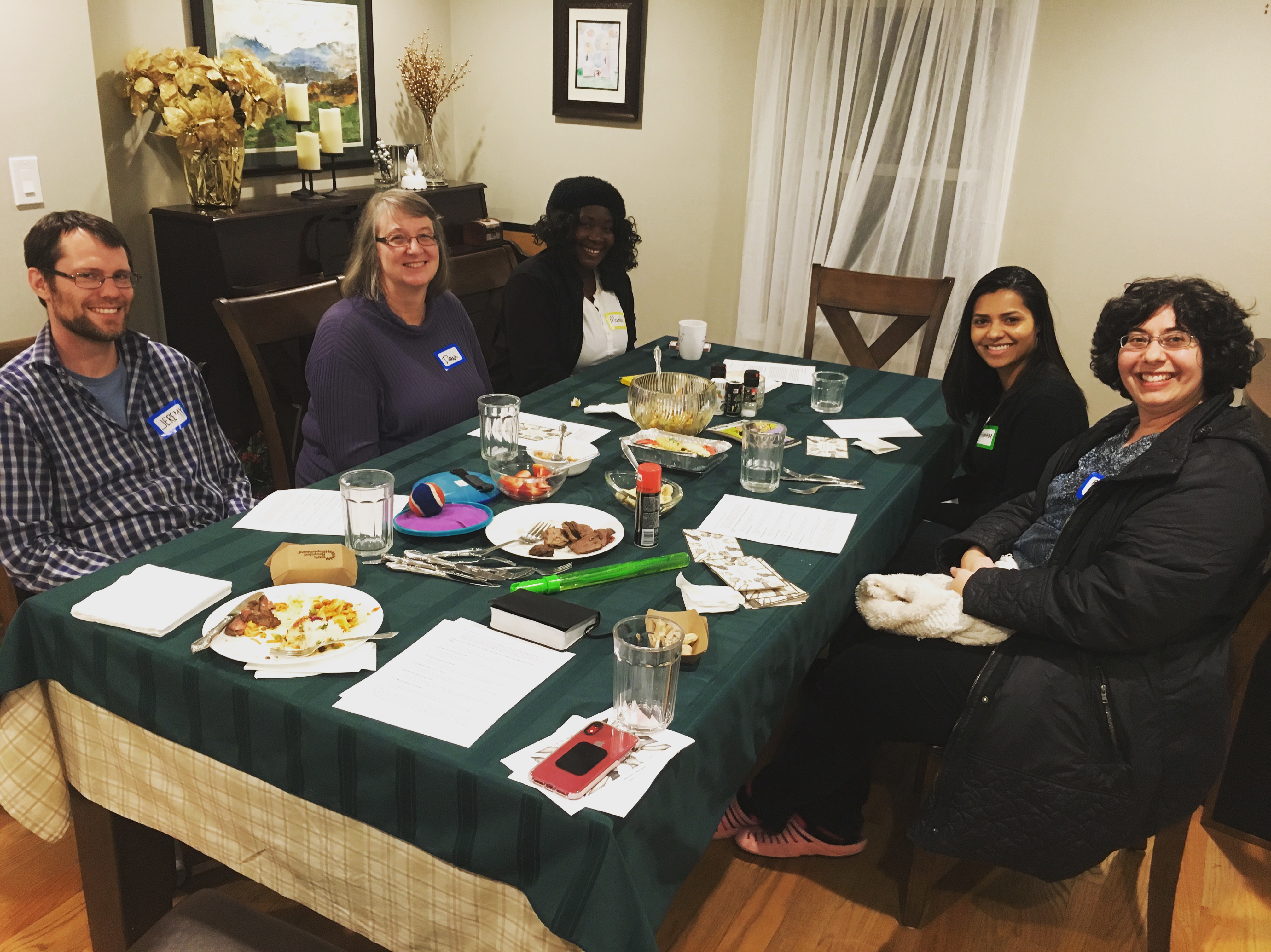
Night 7: Greek Orthodox Vespers Service

We had the opportunity to experience an Orthodox Great Vespers service this evening – for many of us, this was the first time ever worshipping in the Orthodox tradition. What a deep, rich, reverent style of worship that takes seriously the historical roots of the Christian faith!
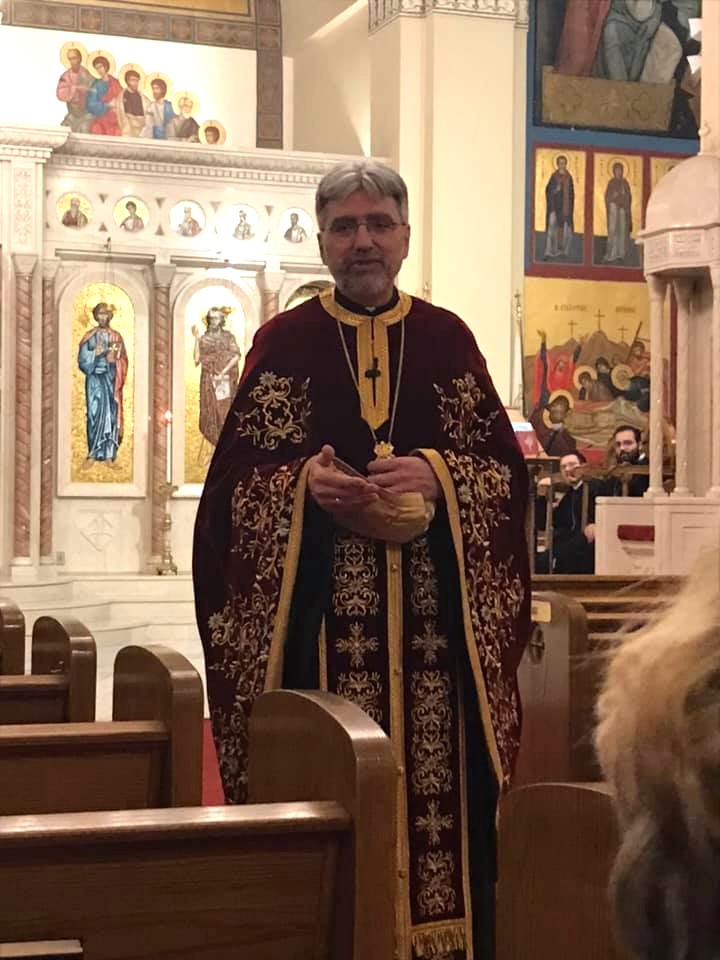
We are grateful to Rev. Dr. Demetrios Tonias, Dean of the Anunciation Cathedral of Boston, for hosting us and teaching us about the Orthodox Church, such as their understanding of liturgy as the meeting of heaven and earth. People expressed gratitude for this opportunity to learn about the beautiful ancient traditions within the Orthodox Church, and the continuity with the Jewish roots of the Christian faith.
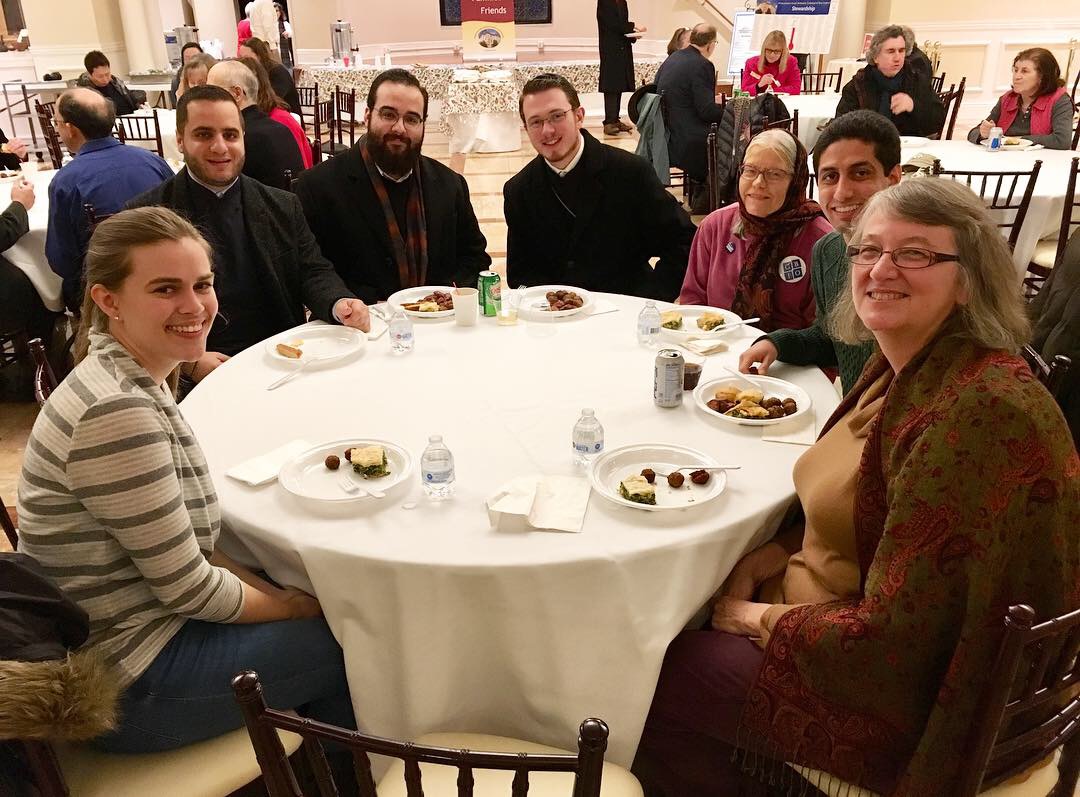
Delicious Greek food and fellowship with our Orthodox brothers who led us with the chanting of the service.
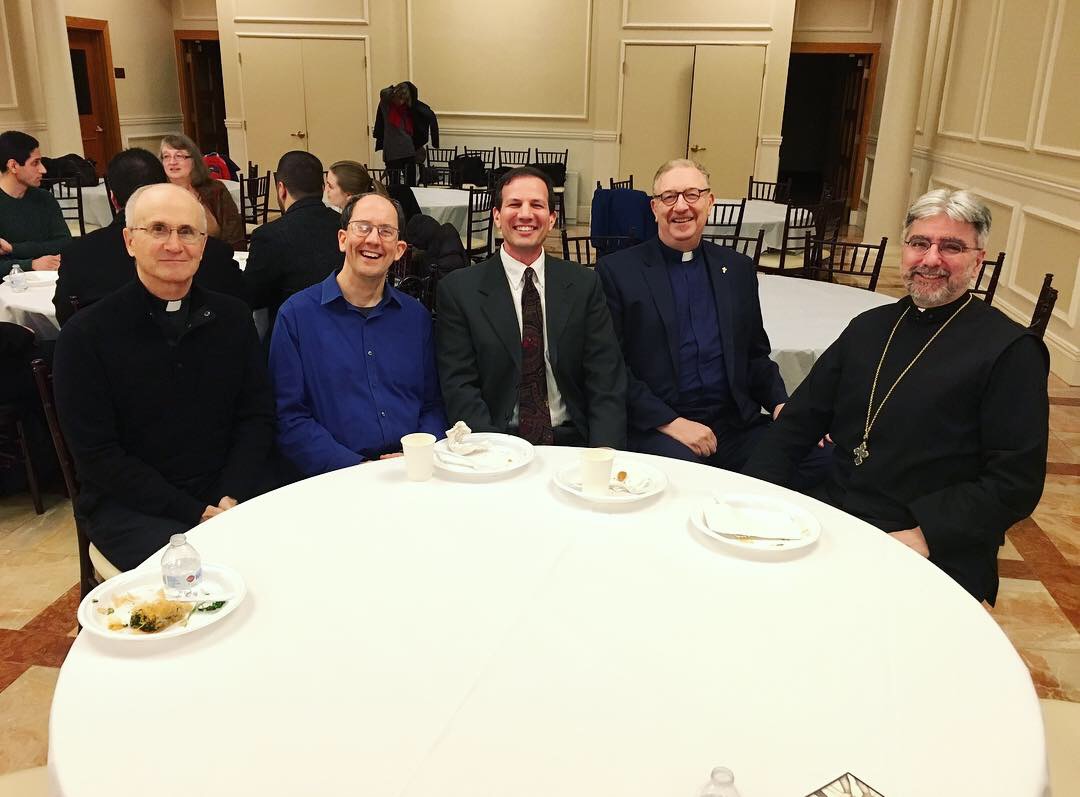
We are grateful to these clergy and priests who have served as ecumenical pillars in leading the work towards Christian unity. This group represents Catholic, Lutheran, and Greek Orthodox traditions.
Night 8: Taize Prayer Service
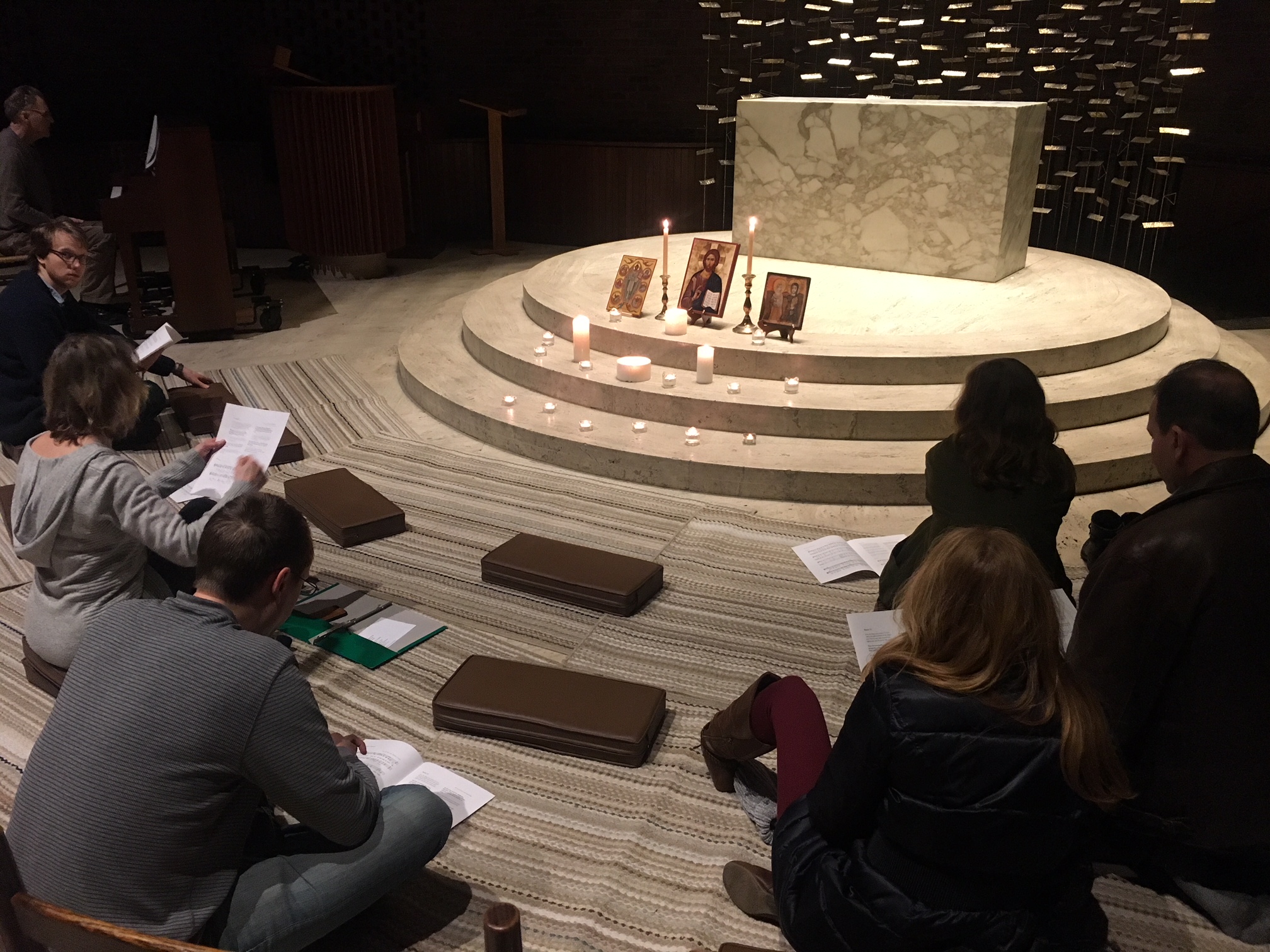
The concluding gathering for the Week of Prayer for Christian Unity was Taize Prayer at the MIT Chapel. Taize prayer connects people with God though contemplation, prayer, and melodic singing and has an international message of Christian reconciliation and unity. Together, we will continue to pray, “Lord our God, you have revealed yourself as One who wishes to bring about justice and true peace among people. Be present with your church, Lord, as we respond to your call. Set us free from pious exercises that prevent us from the true worship you choose: Sharing bread with the hungry, sharing homes with the homeless, sharing clothes with the naked, sharing hearts with our own kin. May your justice roll down like waters, your righteousness like an ever-flowing stream. Lead our footsteps to stand with the poor, that we might stand with you.”
Experiences & Stories
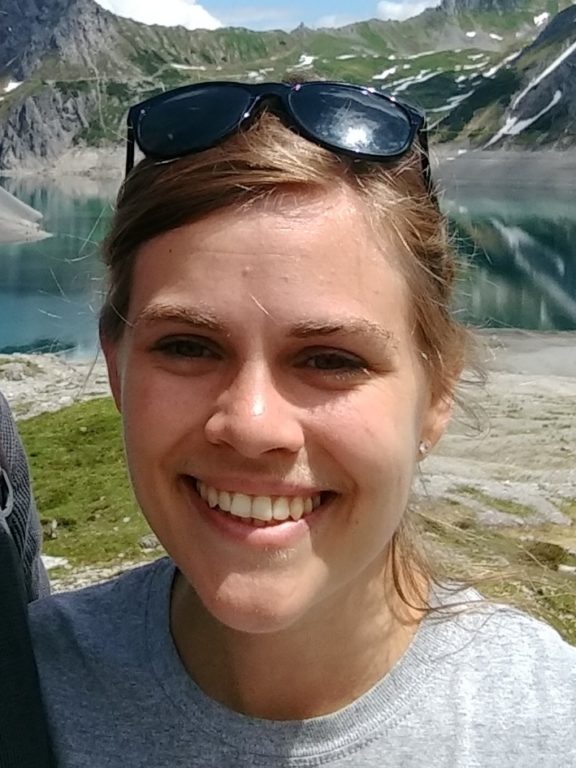 “During the discussion at the Jamaica Plain dinner, I was struck by the emphasis on place in the week’s theme passage from Deuteronomy, which describes the need to pursue justice “in all your towns that the Lord your God is giving you… that you may live and inherit the land that the Lord your God is giving you.” Our conversation reminded me that my specific neighborhood is not only a calling but also a gift to me, and I am so excited to continue building these new relationships with neighbors!”
“During the discussion at the Jamaica Plain dinner, I was struck by the emphasis on place in the week’s theme passage from Deuteronomy, which describes the need to pursue justice “in all your towns that the Lord your God is giving you… that you may live and inherit the land that the Lord your God is giving you.” Our conversation reminded me that my specific neighborhood is not only a calling but also a gift to me, and I am so excited to continue building these new relationships with neighbors!”
-Kate Devane Brown, UniteBoston Jamaica Plain Neighborhood Dinner Coordinator and member of Mosaic Boston
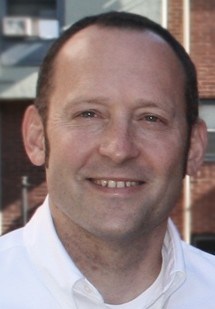
“I thoroughly enjoyed my visit to the Anunciation Cathedral of Boston and worshiping God in the tradition of a Greek Orthodox Vespers Service, which I attended as part of the Week of Prayer for Christian Unity. The service was beautiful in spirit and in ritual and Rev. Tonias’ explanation of the Orthodox tradition and liturgy following the service was a total treat…fascinating and inspiring and enlightening!”
-Matt Crane, Director of Christian Education for the Presbyterian Church in Sudbury, and Director of the WEE Forum for the Institute for Christian Unity
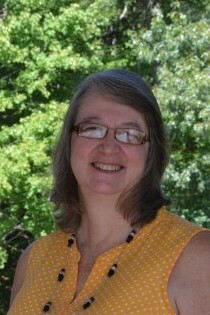 “I love how UniteBoston has embraced this important international expression of ecumenism that has been around for decades and integrated it with UB’s vision to bring all the streams of Christianity together to enjoy and learn from one another. This year’s theme “Pursue Justice, Only Justice” helped me to understand how critical “pursuit” is to not only justice, but unity and so much more. We had an enlightening discussion at the Medford/Malden neighborhood dinner I attended: We realized that unity and justice are not things we can create but only pursue, with the help and guidance of the Holy Spirit. And pursuit means placing yourself in settings outside your familiar faith communities – like an Orthodox or Episcopal Cathedral. Each time I set foot in these unfamiliar places, God blesses me in unexpected ways with new relationships and perspectives. I am realizing that unity and justice grow out of the pursuit of those new relationships and perspectives rather than pursuing them in and of themselves.”
“I love how UniteBoston has embraced this important international expression of ecumenism that has been around for decades and integrated it with UB’s vision to bring all the streams of Christianity together to enjoy and learn from one another. This year’s theme “Pursue Justice, Only Justice” helped me to understand how critical “pursuit” is to not only justice, but unity and so much more. We had an enlightening discussion at the Medford/Malden neighborhood dinner I attended: We realized that unity and justice are not things we can create but only pursue, with the help and guidance of the Holy Spirit. And pursuit means placing yourself in settings outside your familiar faith communities – like an Orthodox or Episcopal Cathedral. Each time I set foot in these unfamiliar places, God blesses me in unexpected ways with new relationships and perspectives. I am realizing that unity and justice grow out of the pursuit of those new relationships and perspectives rather than pursuing them in and of themselves.”
-Rev. Dana Baker, UniteBoston Board Member and Pastor of Social Justice, Multicultural Ministry, Grace Chapel
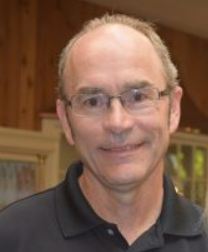 “Worshipping with believers from different streams of the church at the Saturday service at St. Paul’s made me thankful for all the hard work Kelly and the team at Unite Boston have put into promoting the unity of believers in our city. I had several significant discussions with people I had never met after the service that were uplifting and which made me glad to have been at the service. God is good.”
“Worshipping with believers from different streams of the church at the Saturday service at St. Paul’s made me thankful for all the hard work Kelly and the team at Unite Boston have put into promoting the unity of believers in our city. I had several significant discussions with people I had never met after the service that were uplifting and which made me glad to have been at the service. God is good.”
-Pastor Dave Hill, Abundant Grace Church
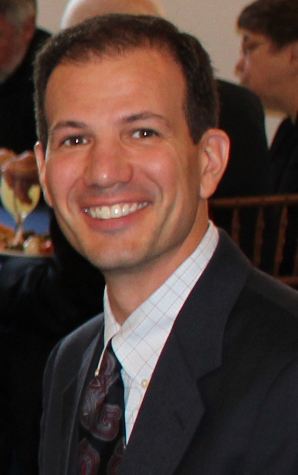 “This year it was a pleasure to see the Deacons of the Roman Catholic Archdiocese of Boston at so many of the Week of Prayer for Christian Unity events. The services I went to were incredibly beautiful manifestations of our bond in Christ and the desire to complete that unity.”
“This year it was a pleasure to see the Deacons of the Roman Catholic Archdiocese of Boston at so many of the Week of Prayer for Christian Unity events. The services I went to were incredibly beautiful manifestations of our bond in Christ and the desire to complete that unity.”
-Vito Nicastro, Member of the UniteBoston Board and Associate Director of the Office for Ecumenical and Interreligious Affairs of the Roman Catholic Archdiocese of Boston
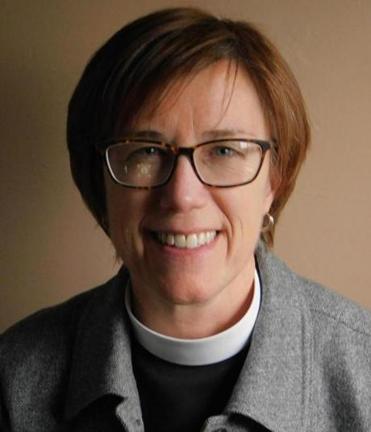 “Given the divisiveness and fear in the air all around us these days, as well as the injustices that threaten to overwhelm our hearts and hope, it was deeply nourishing to stand together affirming our commitment to one another and to a better future.”
“Given the divisiveness and fear in the air all around us these days, as well as the injustices that threaten to overwhelm our hearts and hope, it was deeply nourishing to stand together affirming our commitment to one another and to a better future.”
-Amy McCreath, Dean of the Cathedral Church of St. Paul in Boston
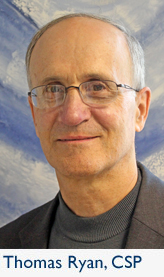 “The Week of Prayer for Christian Unity is not meant to be the only time we come together as followers of Jesus, but an energizer for our doing so throughout the year. The wonderful cornucopia of dinners, discussions and prayer services during the week here have likely lit that fire in the hearts of many. Let’s keep the fire burning! Winter is not the only season Jesus’ heart needs warming in seeing his followers join hands and hearts and voices.”
“The Week of Prayer for Christian Unity is not meant to be the only time we come together as followers of Jesus, but an energizer for our doing so throughout the year. The wonderful cornucopia of dinners, discussions and prayer services during the week here have likely lit that fire in the hearts of many. Let’s keep the fire burning! Winter is not the only season Jesus’ heart needs warming in seeing his followers join hands and hearts and voices.”
-Fr. Tom Ryan, director of the Paulist North American Office for Ecumenical and Interfaith Relations at the Paulist Center in Boston
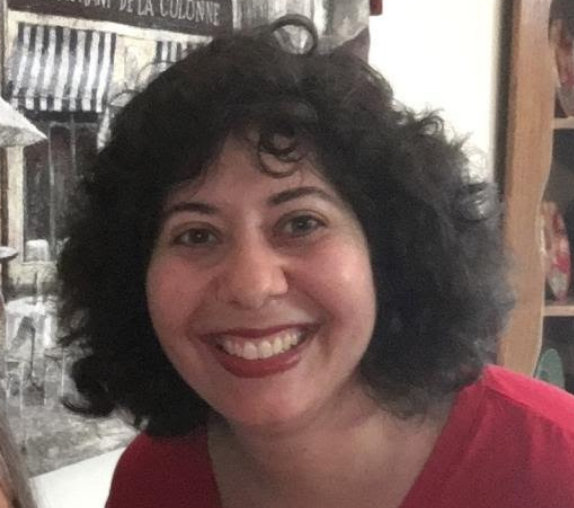 “At the Malden/Medford neighborhood dinner, I learned three things:
“At the Malden/Medford neighborhood dinner, I learned three things:
-We should make choices to get to know others of different backgrounds, even when it’s messy
-We should start each endeavor asking, “how can I seek unity in this?”
-We should remember that seeking unity means unity comes from God rather than our tired efforts to create it.
If we do these things, we will be closer to the will of God and to the rest.”
-Rebekah Kerstetter, leader of the UniteBoston Neighborhood Dinners in Malden/Medford and member of Highrock in Arlington
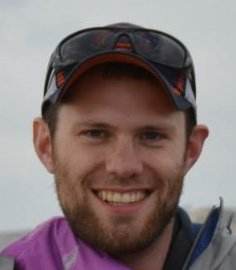 “I’m always encouraged to see the number and diversity of people who God has called to his service in Boston, and of their visions for his Kingdom work here. The Week of Prayer for Christian Unity reminded me that the grandness of God’s redemptive work for our city (and country, and world) extends far beyond the imagination of my own congregation!”
“I’m always encouraged to see the number and diversity of people who God has called to his service in Boston, and of their visions for his Kingdom work here. The Week of Prayer for Christian Unity reminded me that the grandness of God’s redemptive work for our city (and country, and world) extends far beyond the imagination of my own congregation!”
-Jeremy Wolcott, member of Park Street Church
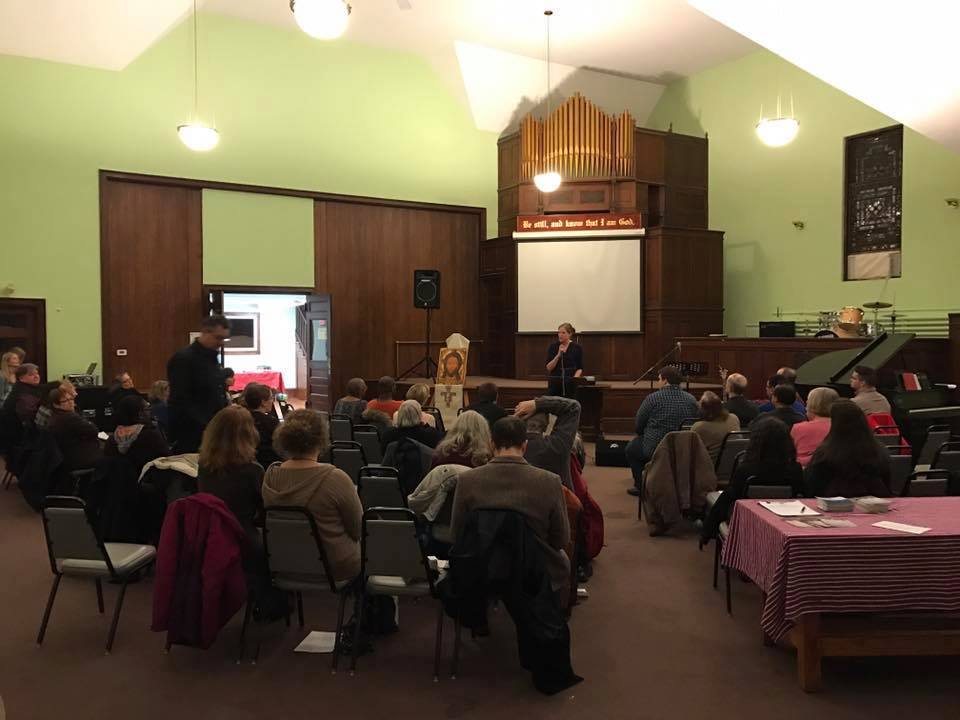
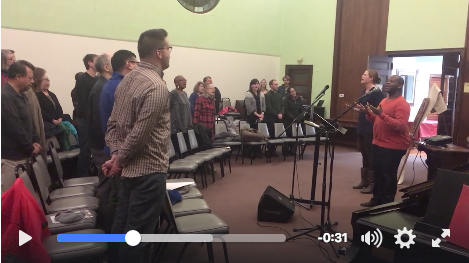
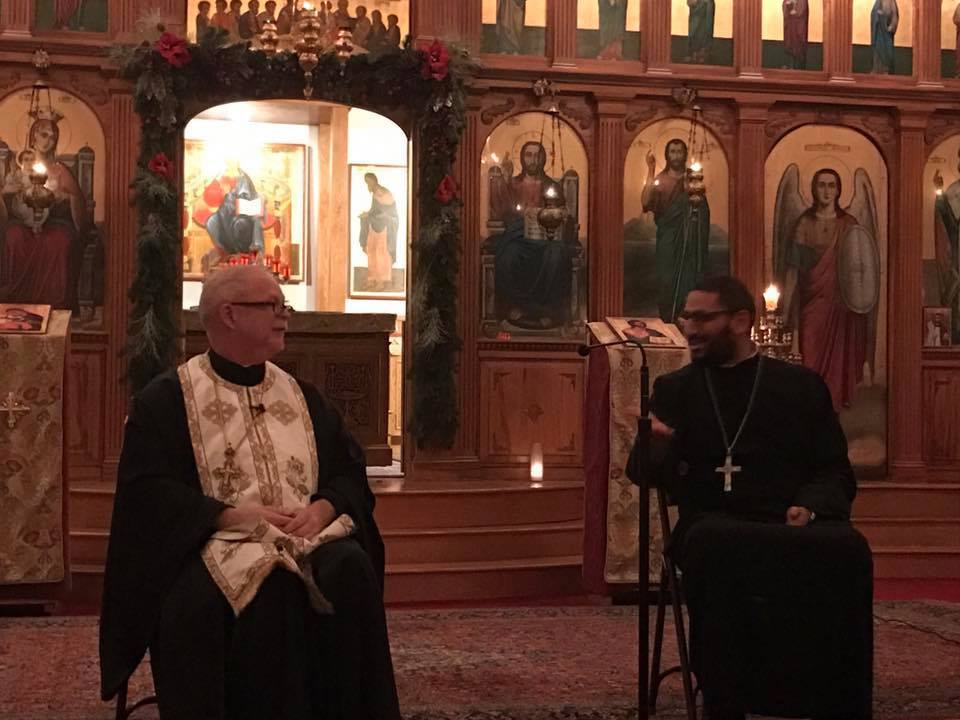
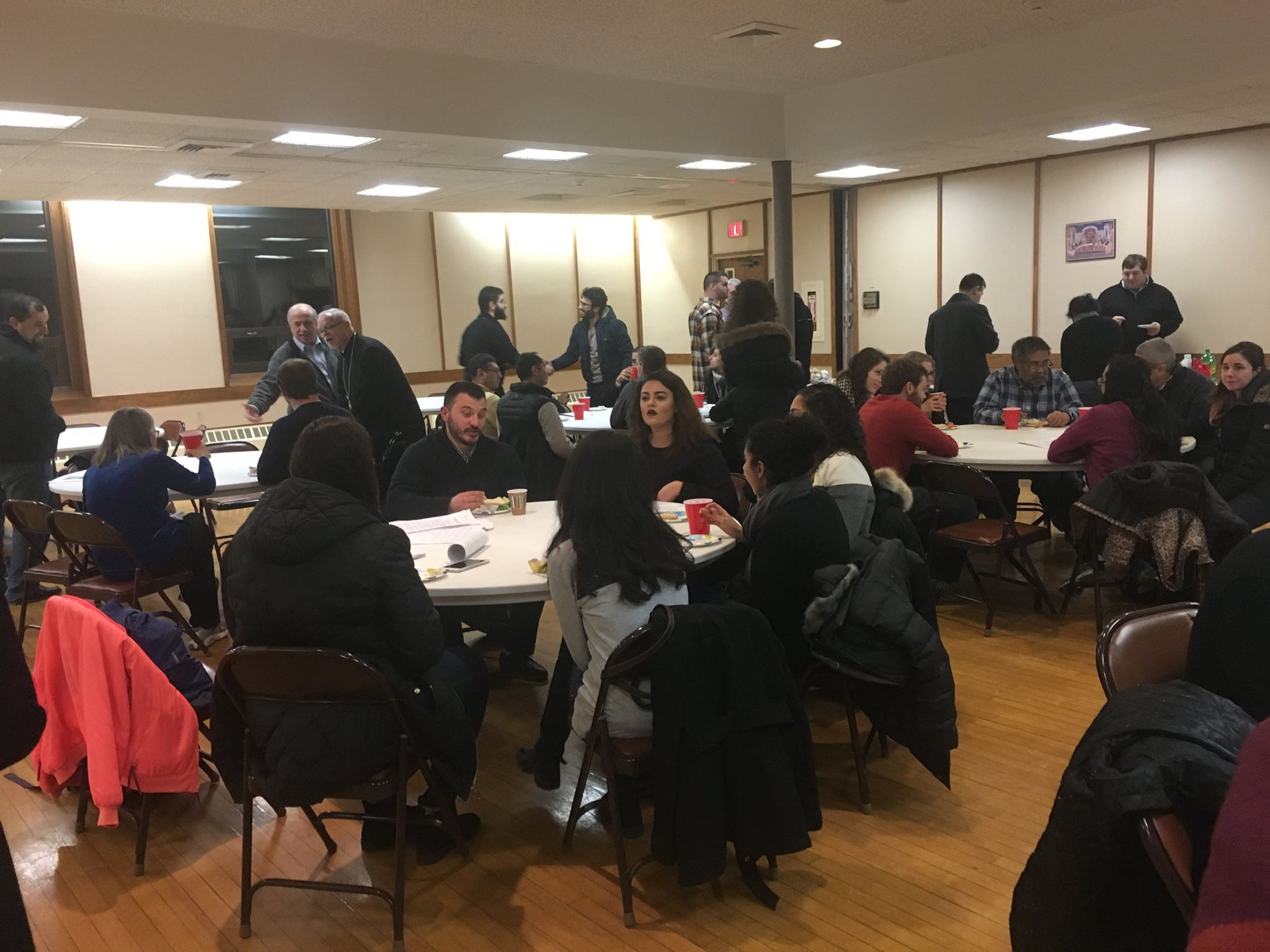
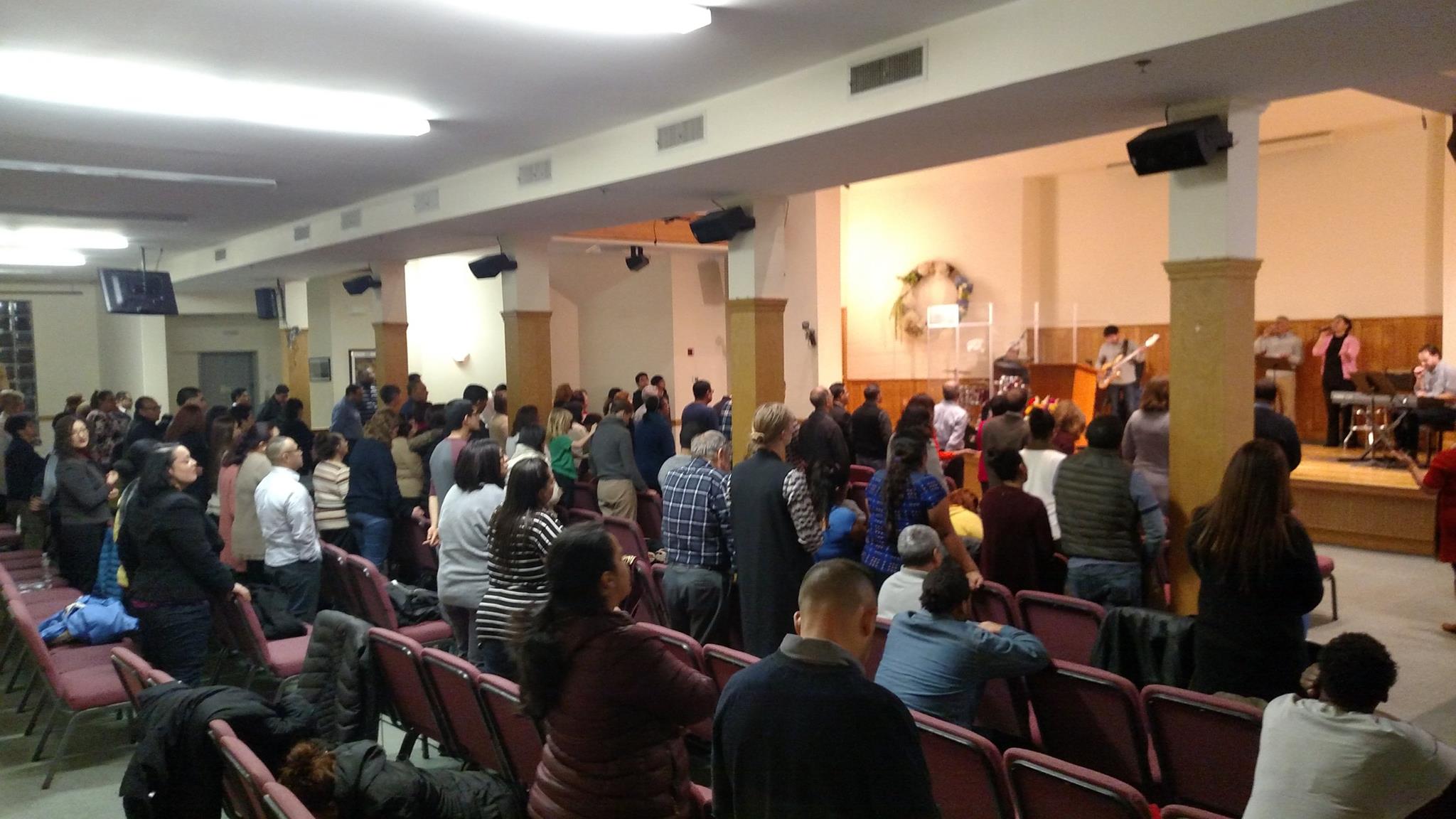
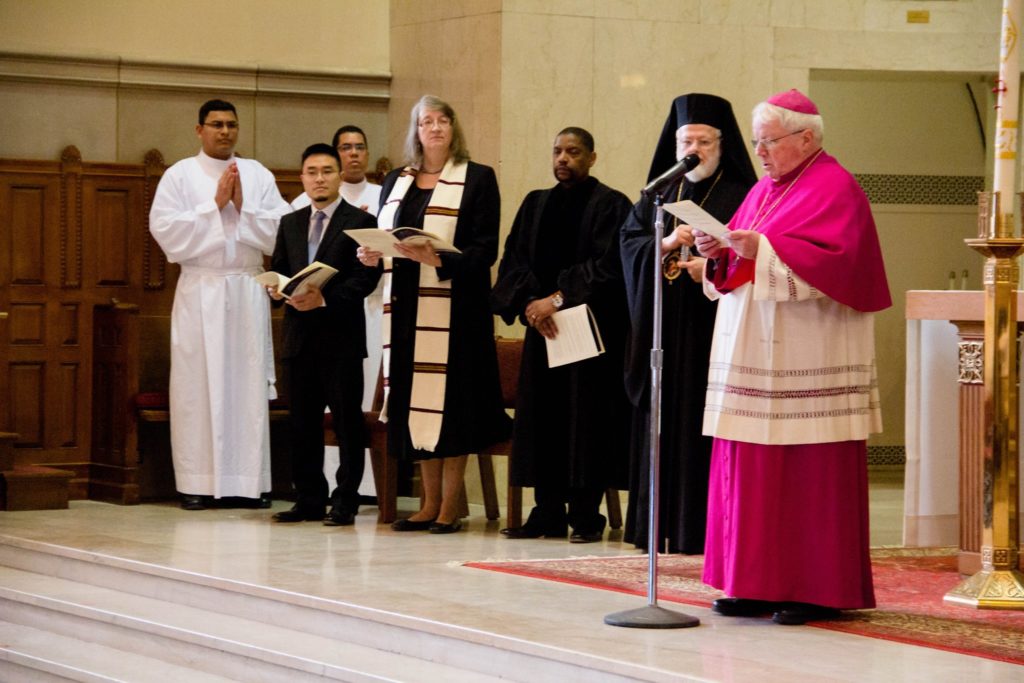 Co-Presiders from diverse Christian traditions at the
Co-Presiders from diverse Christian traditions at the 